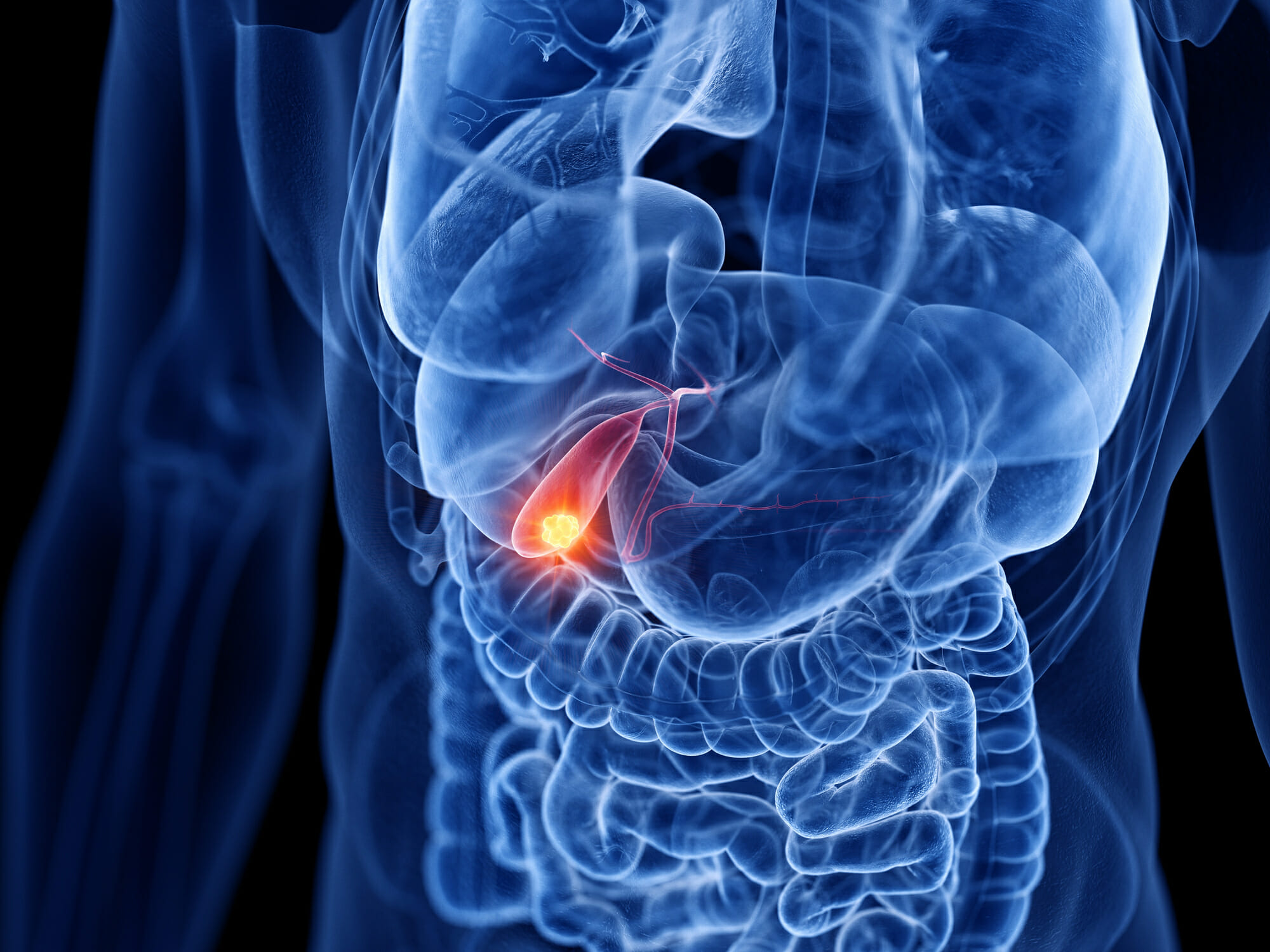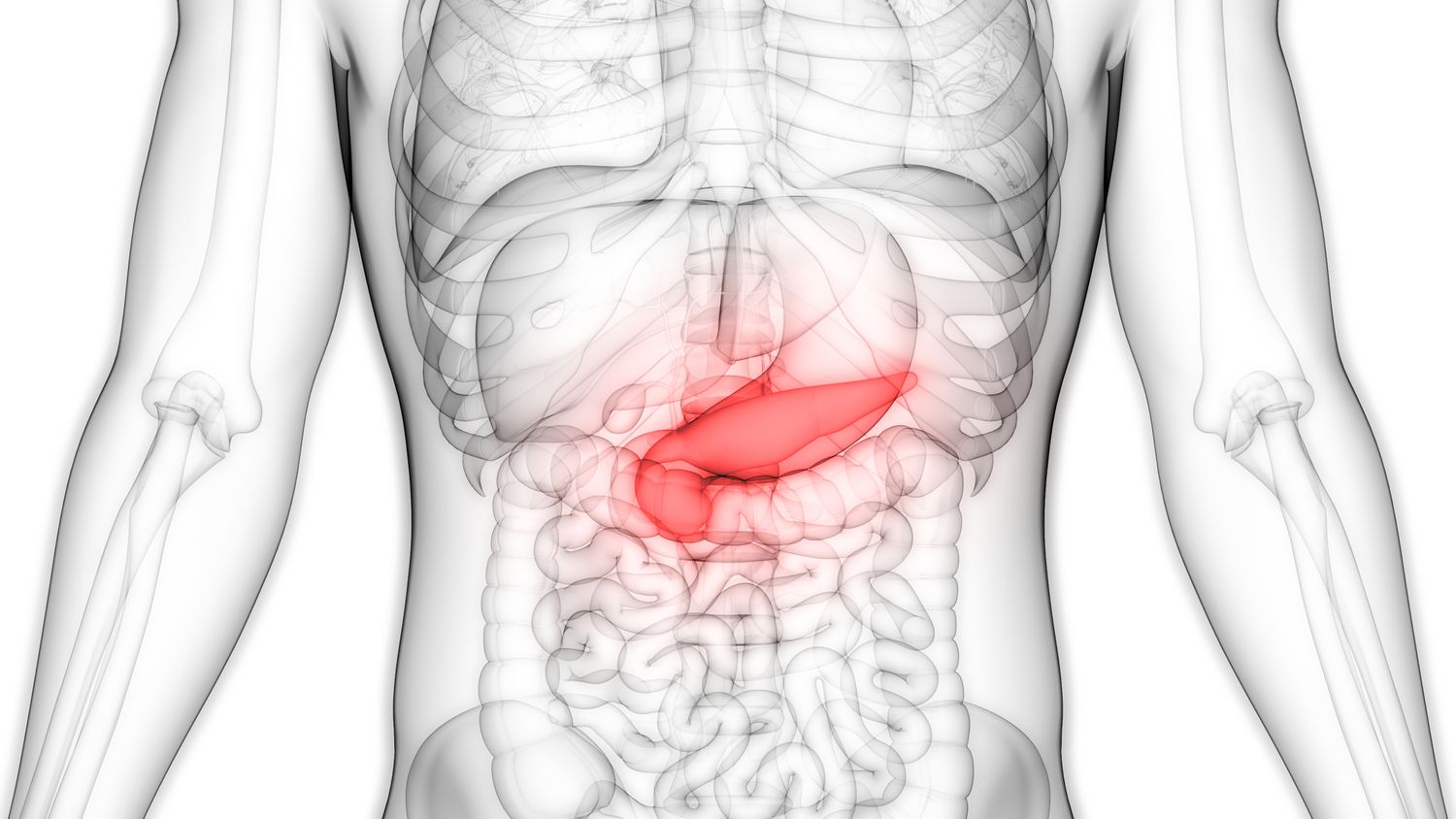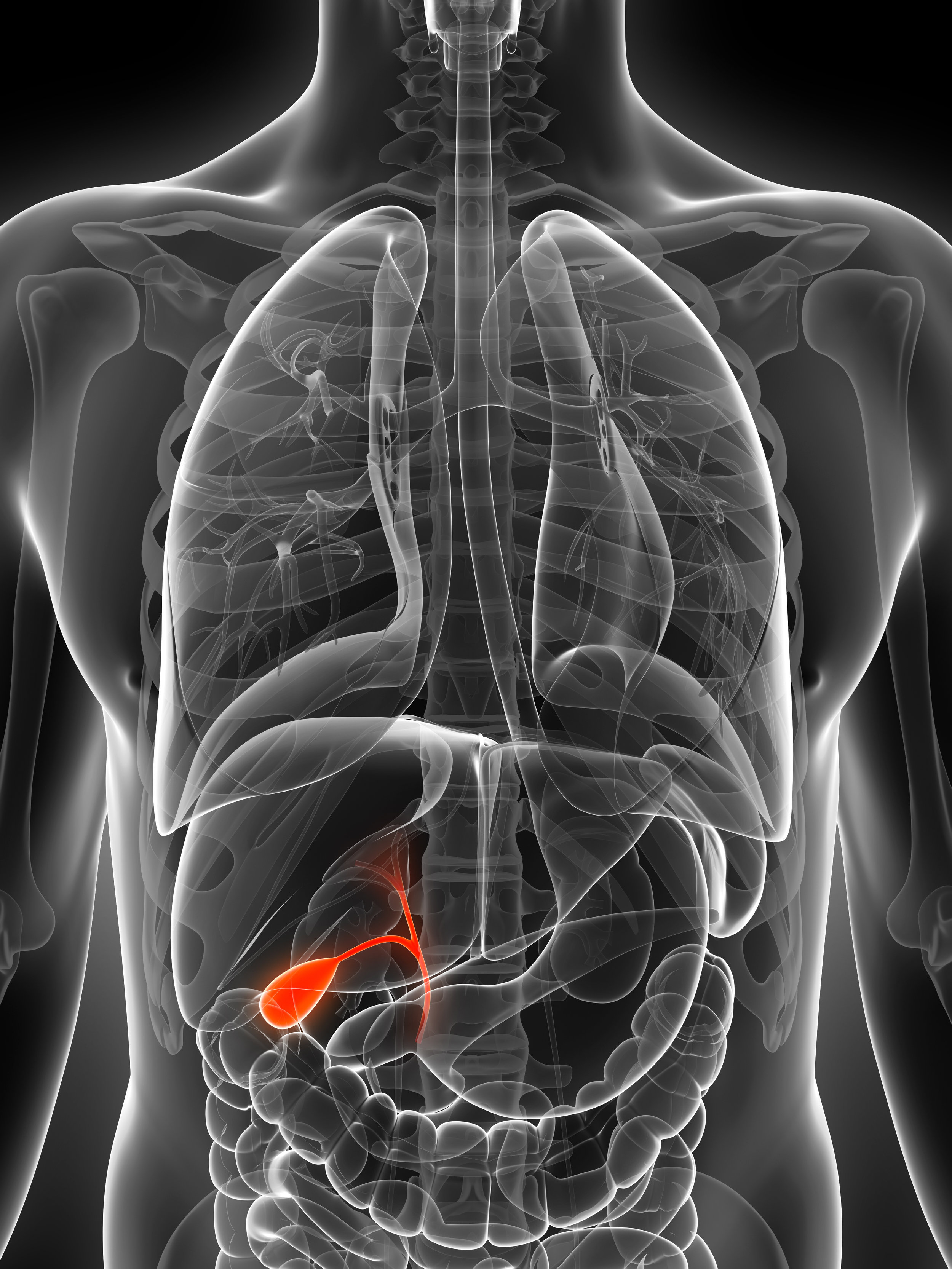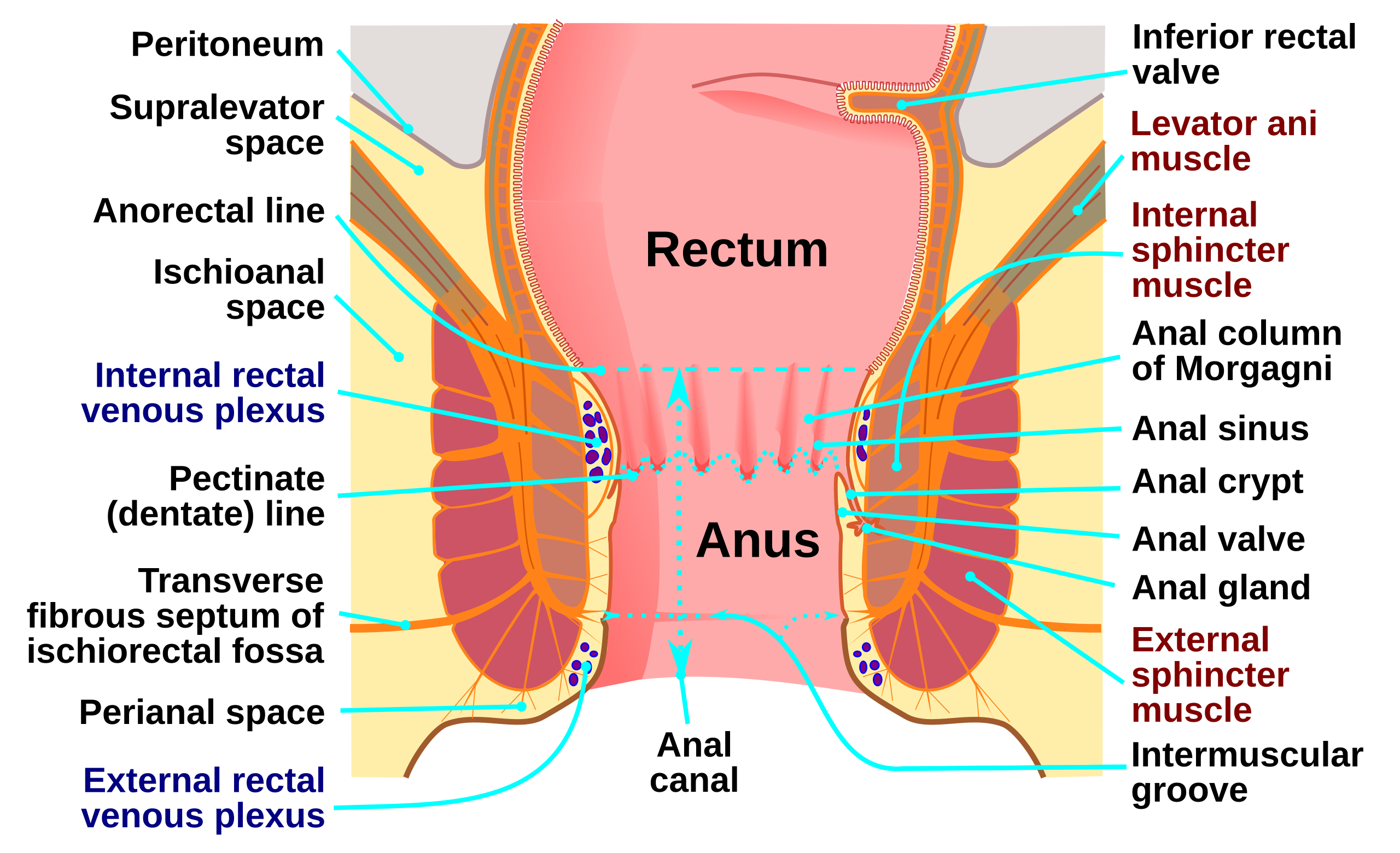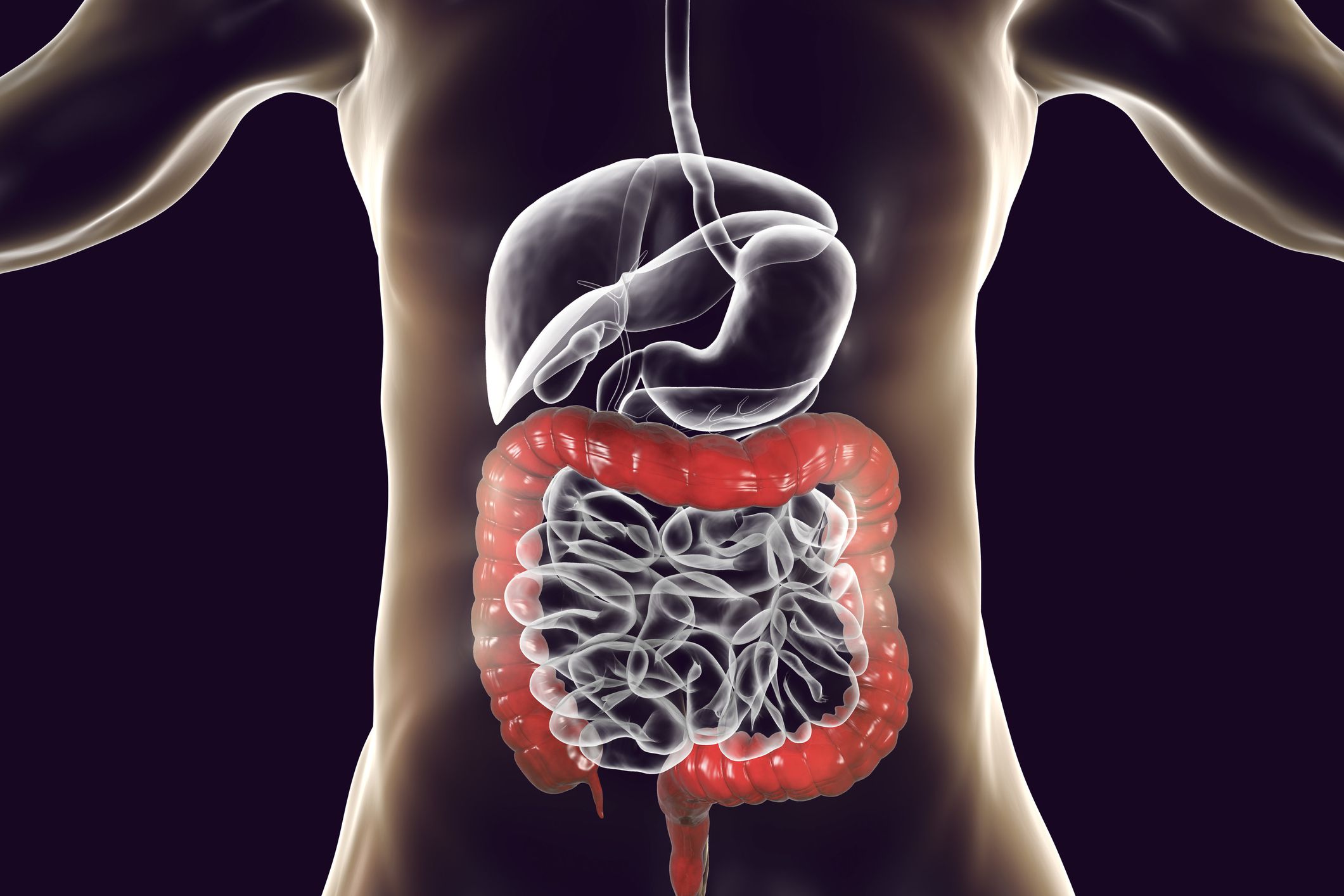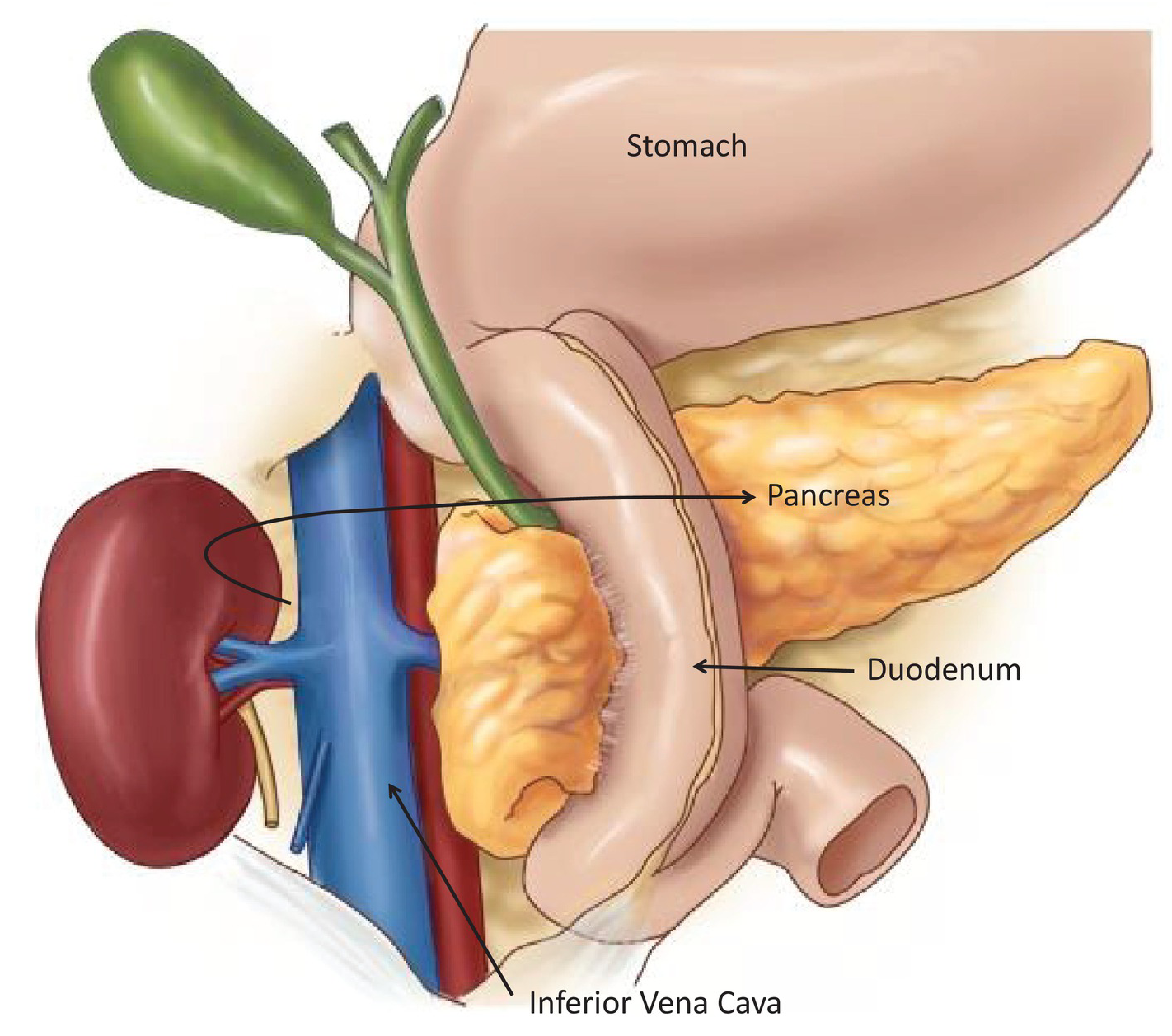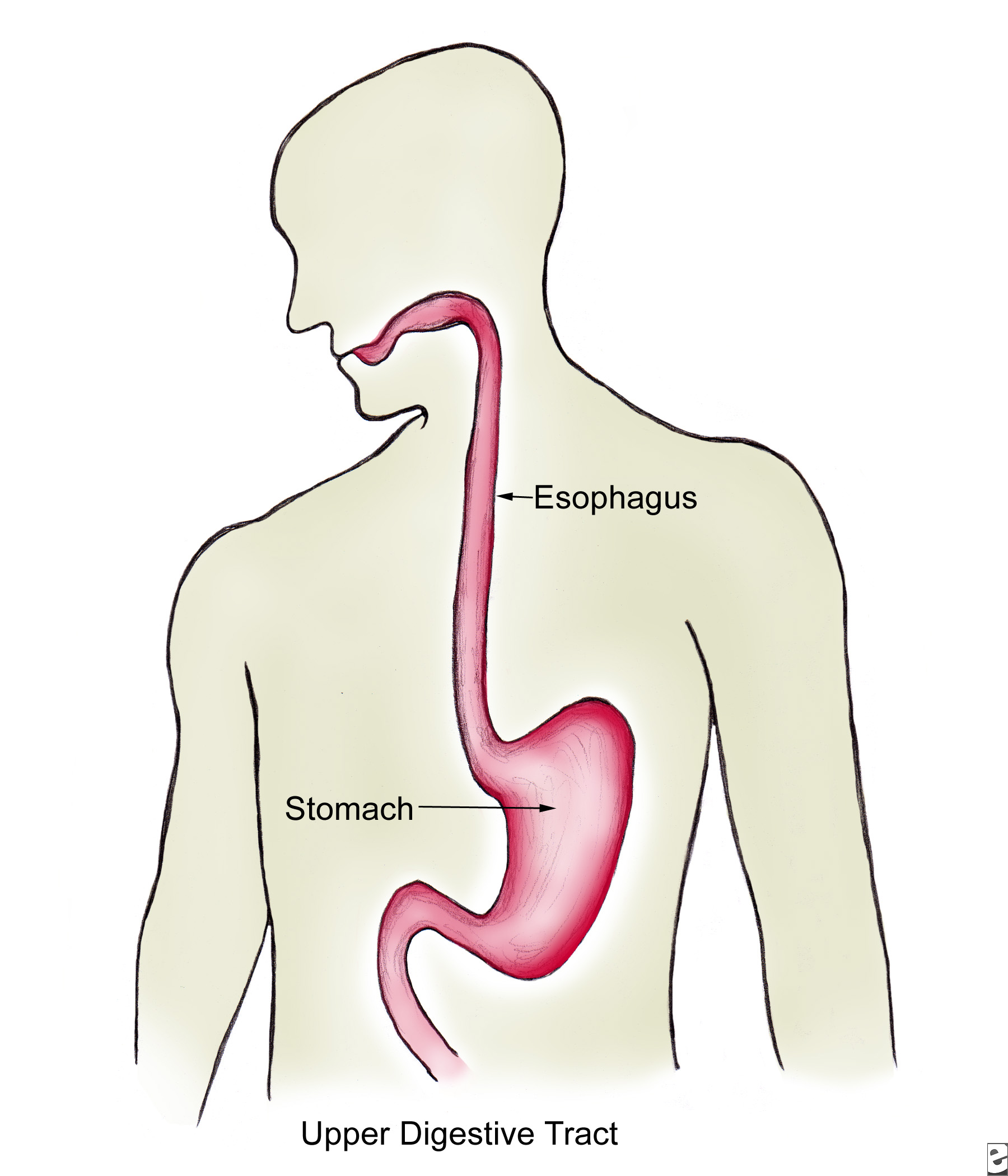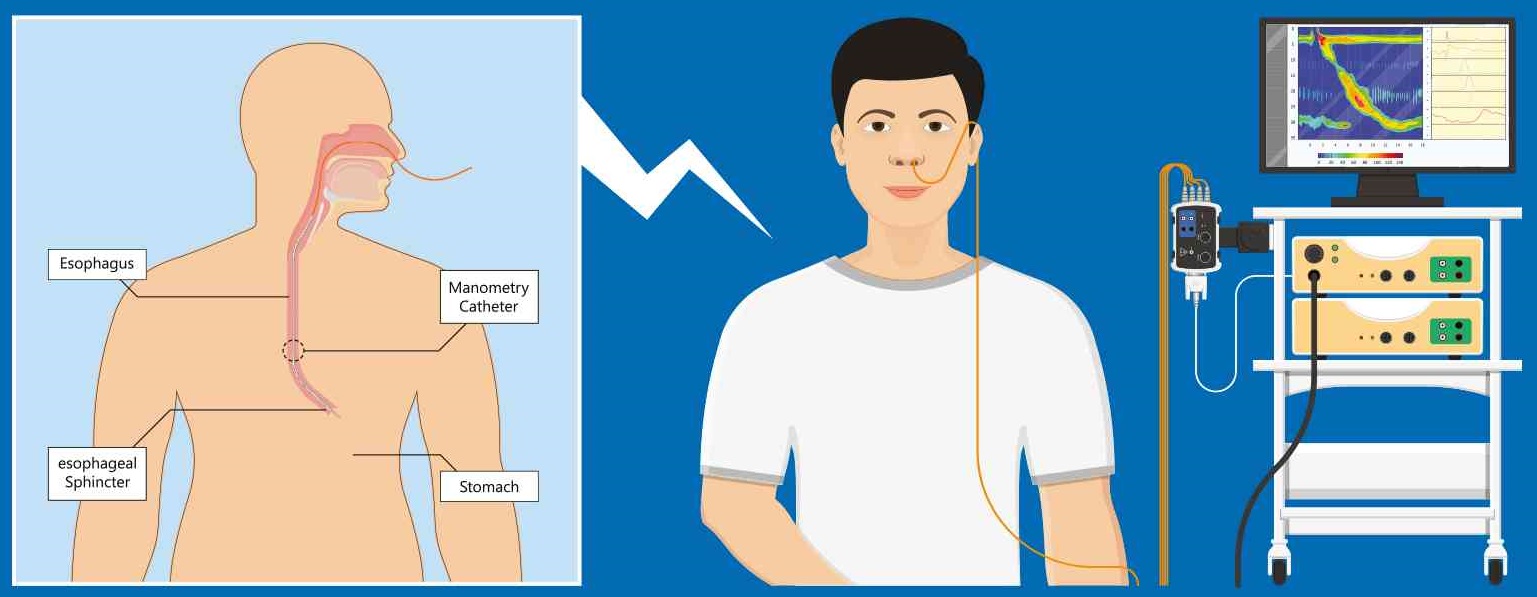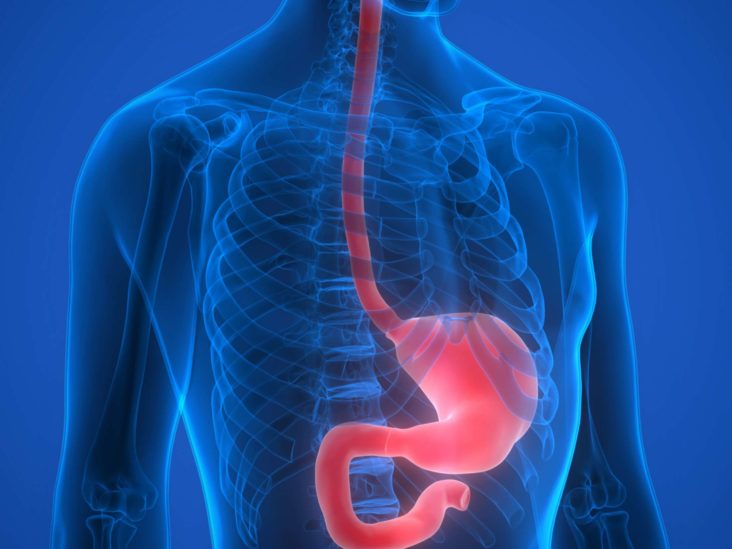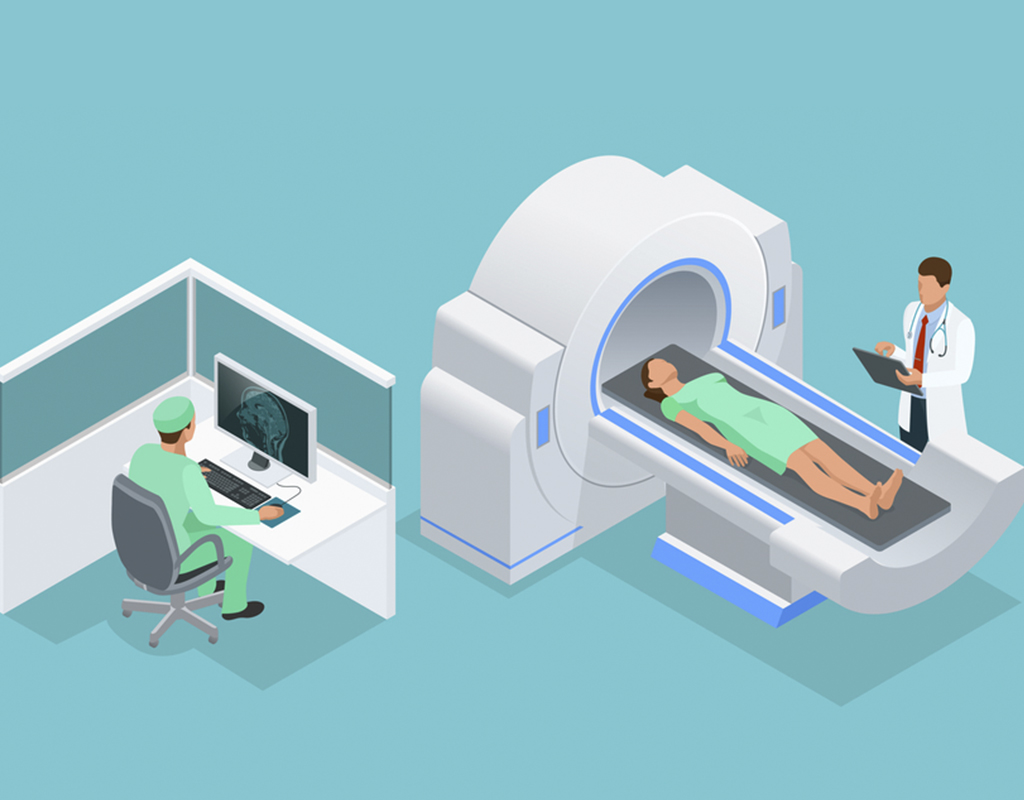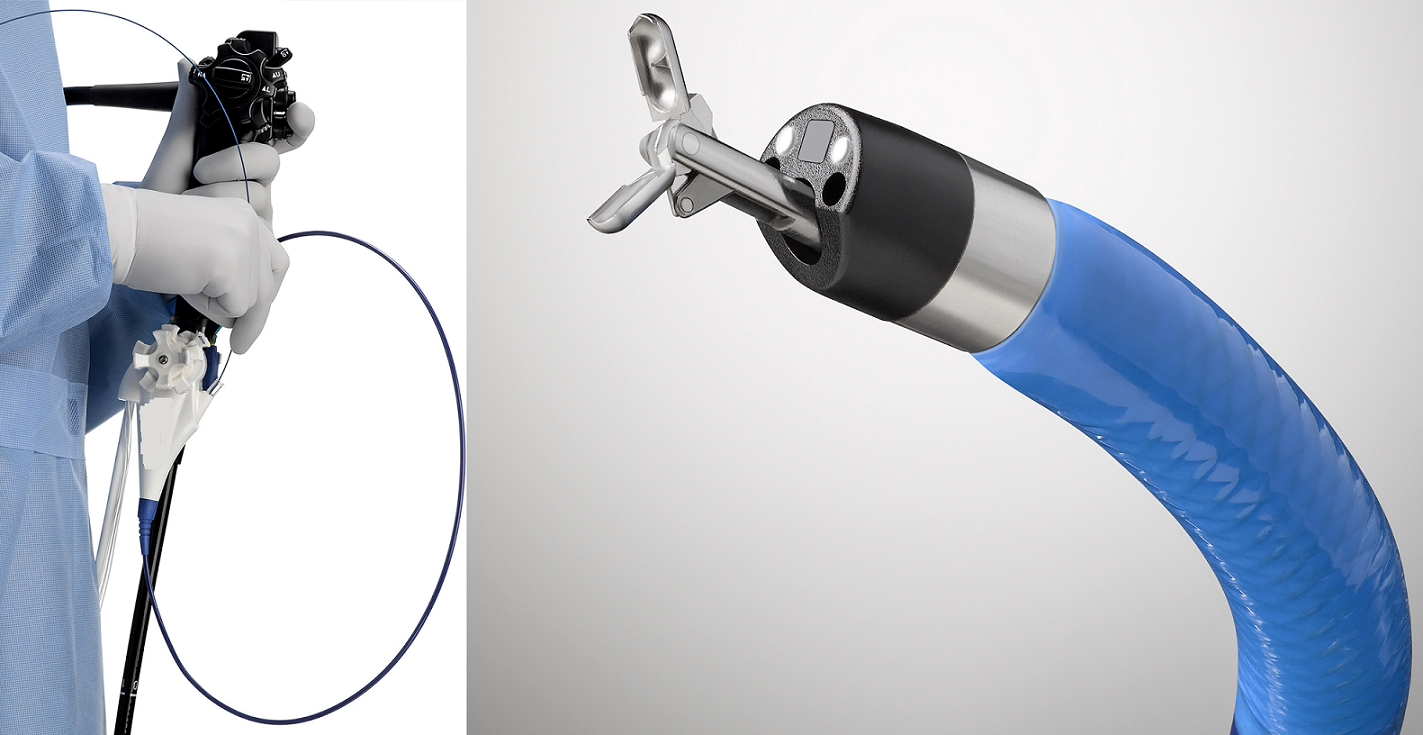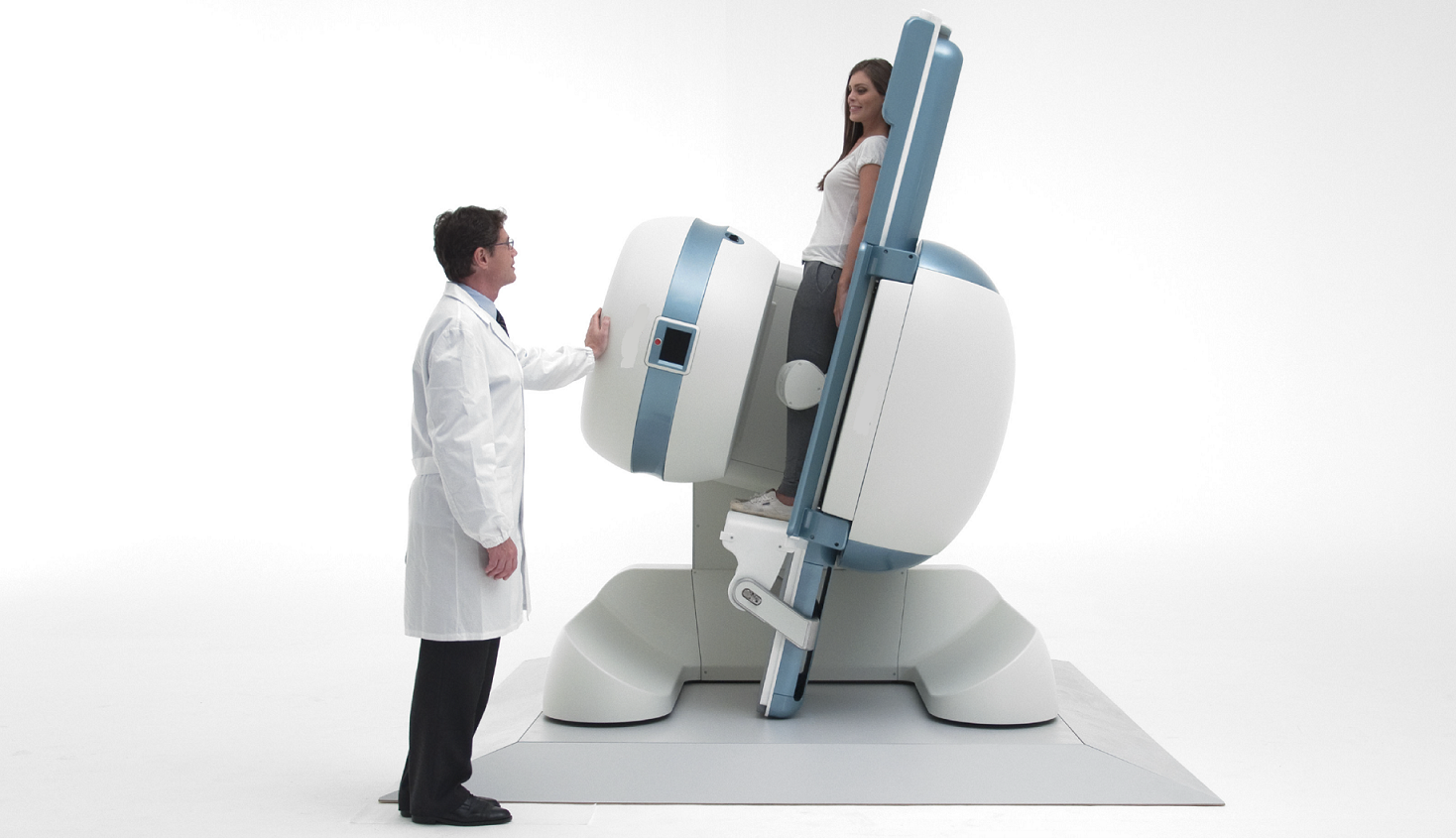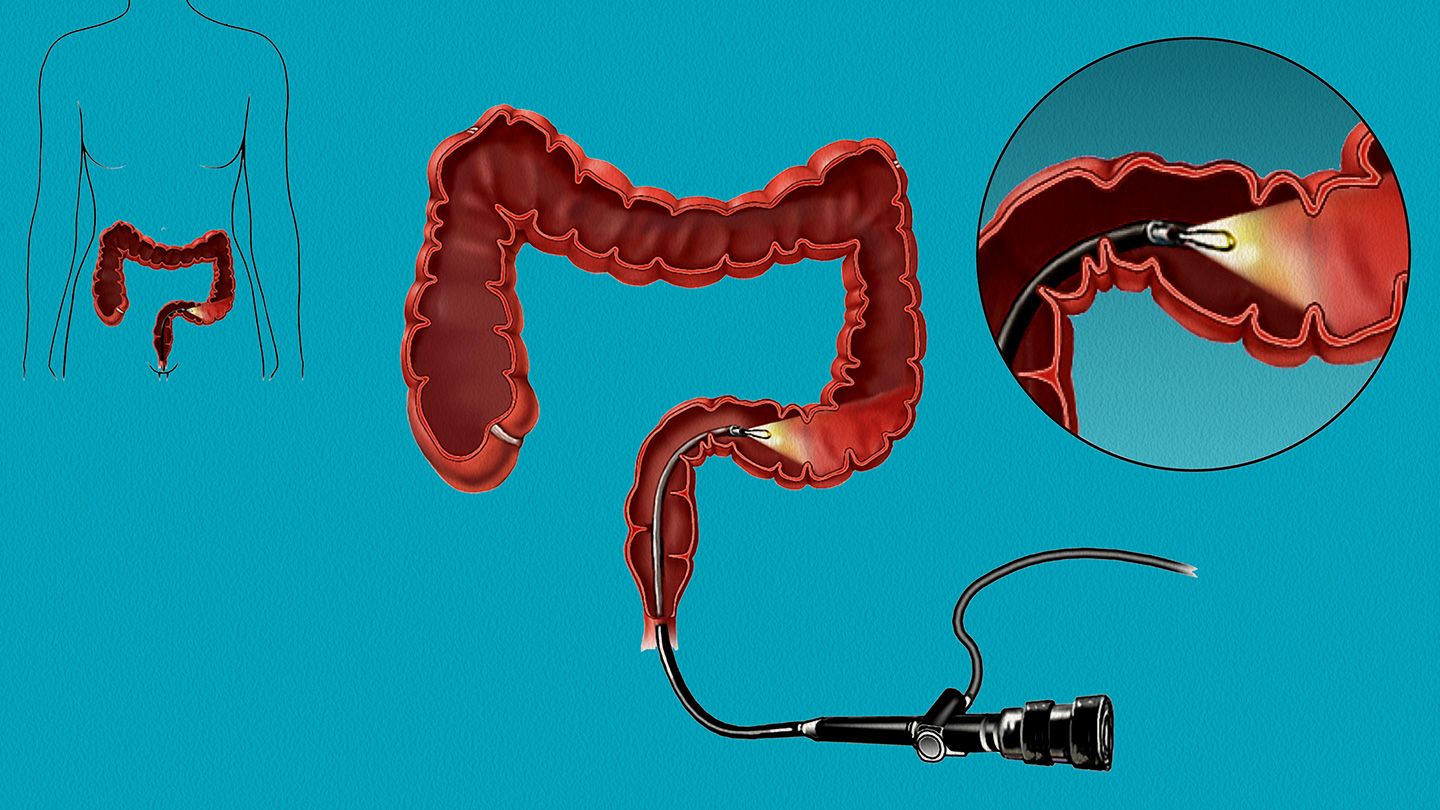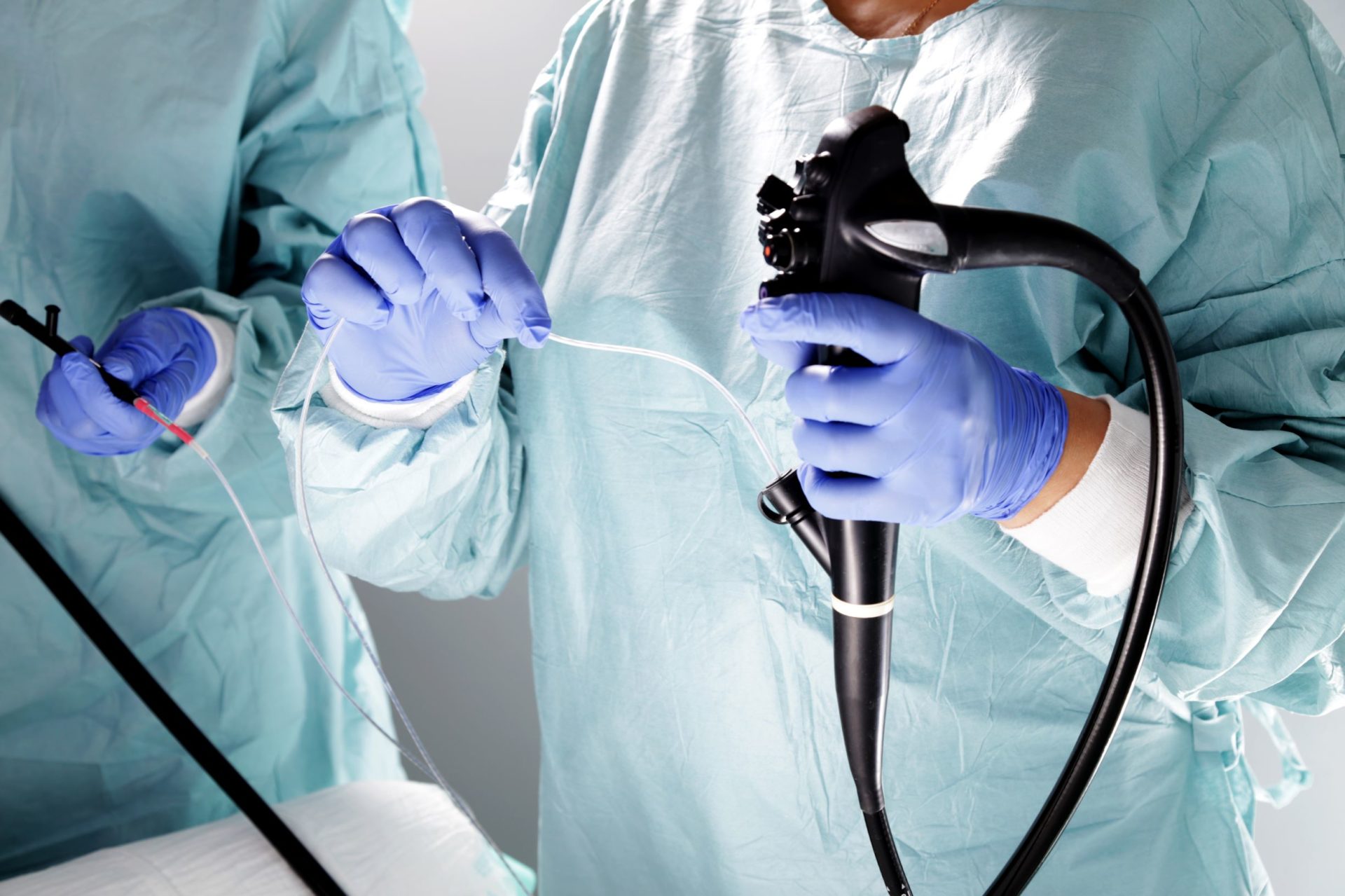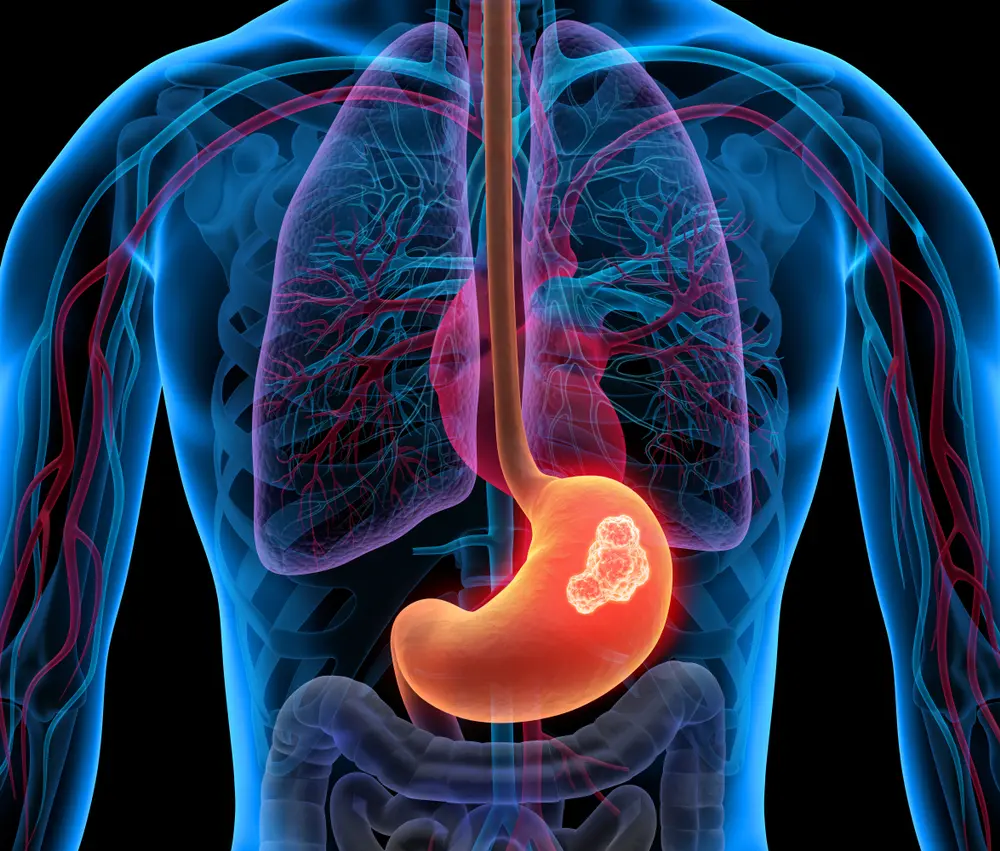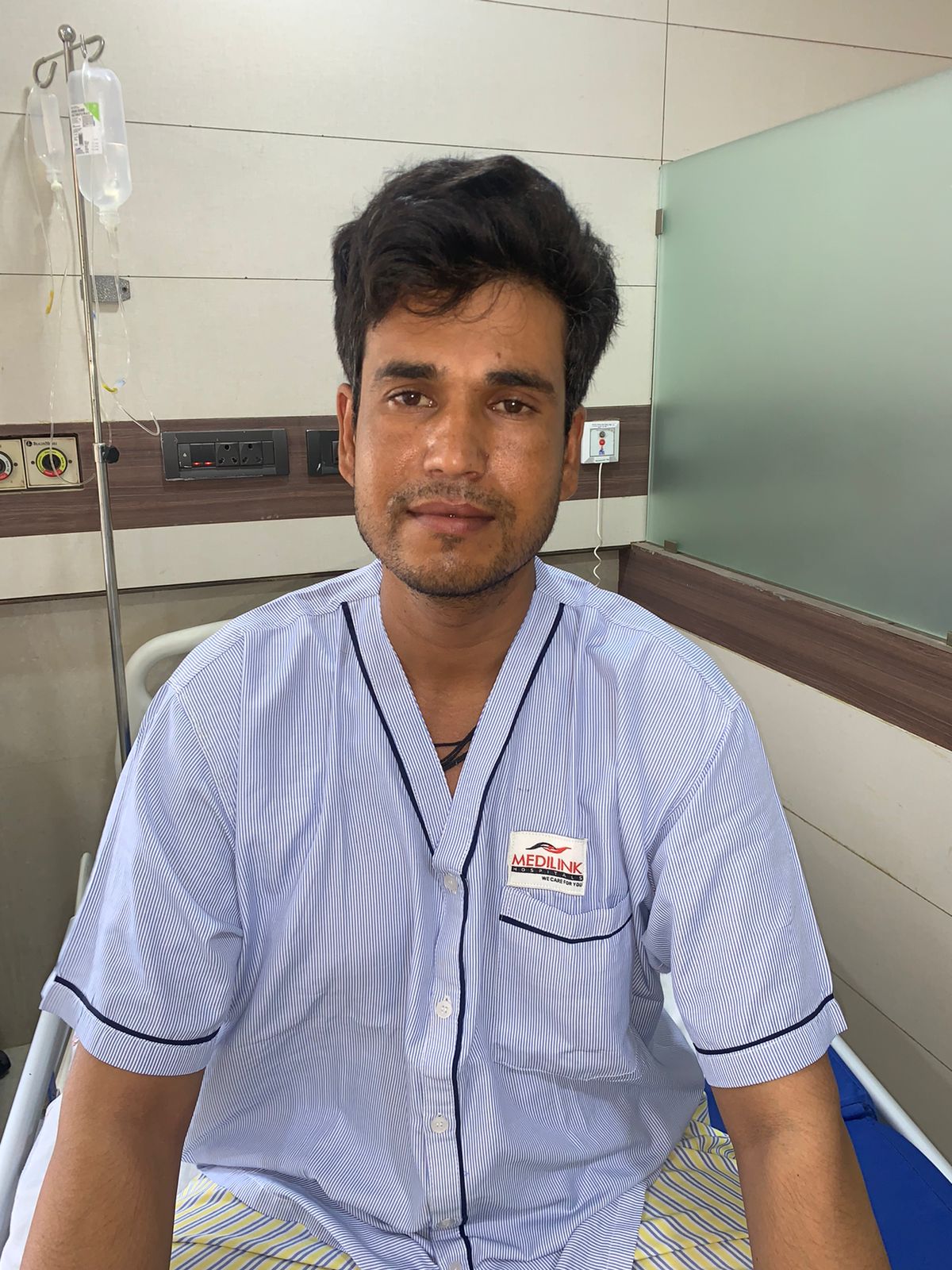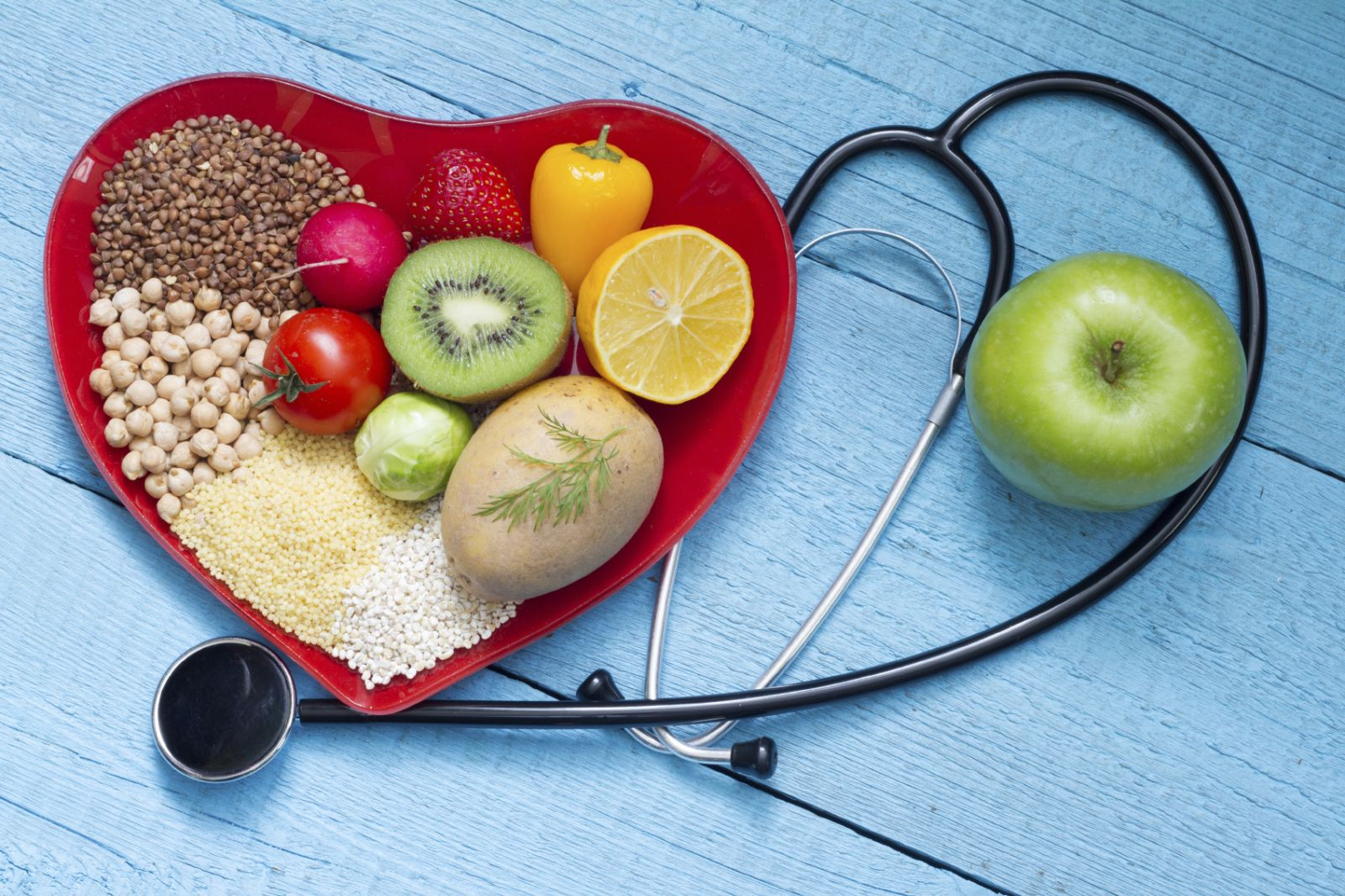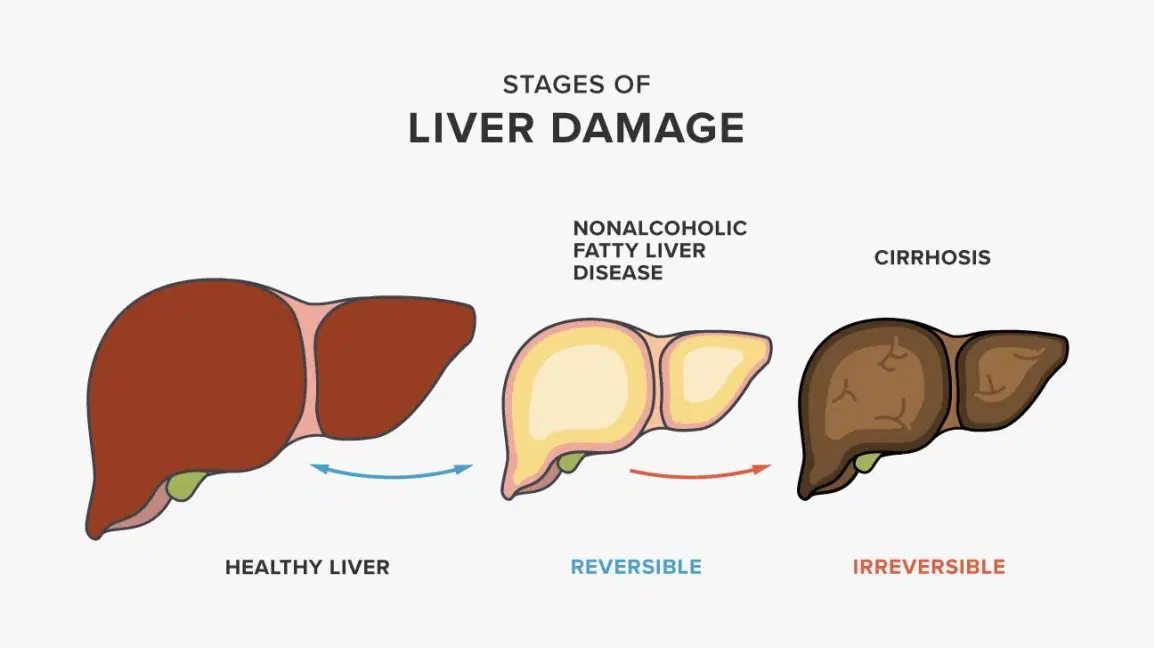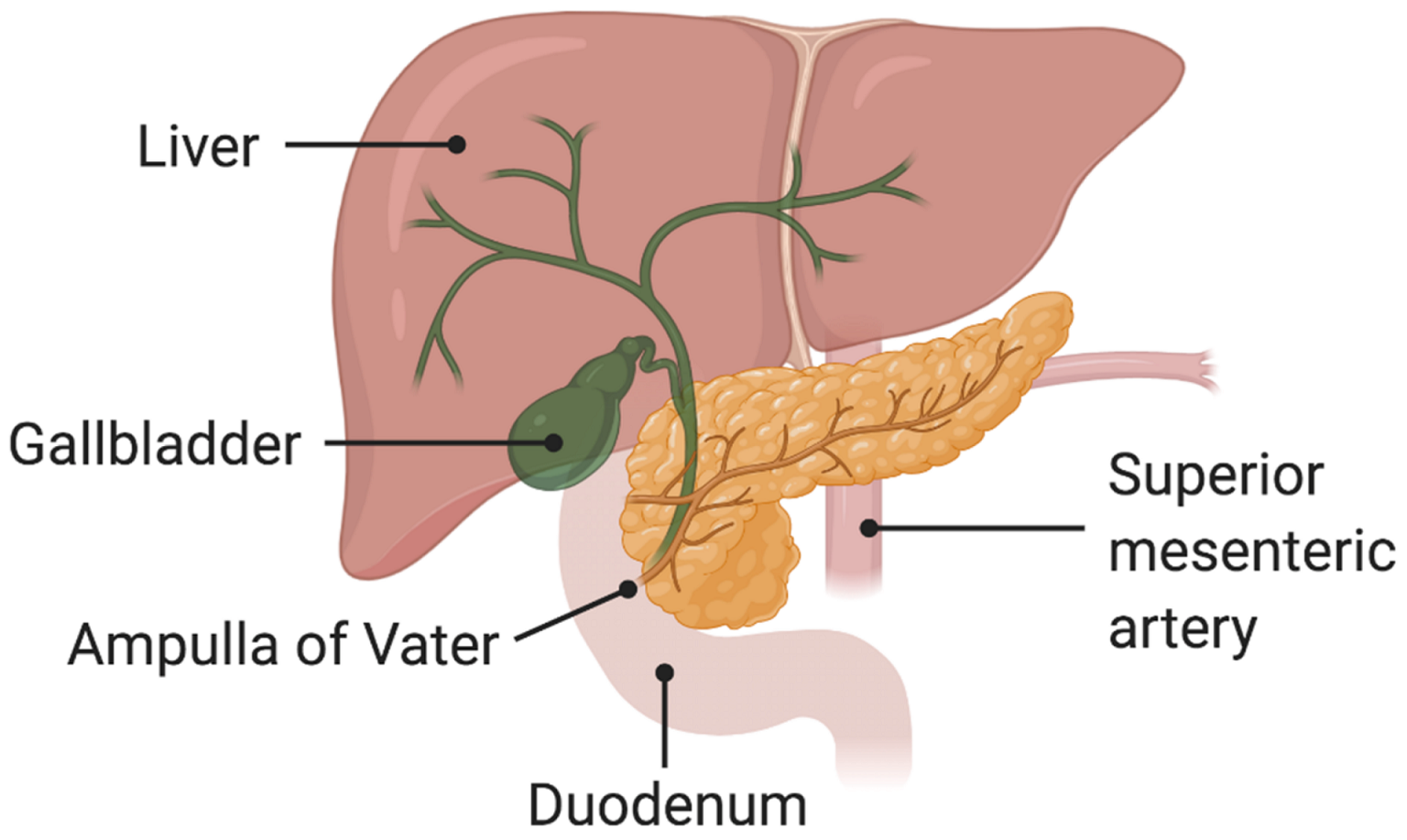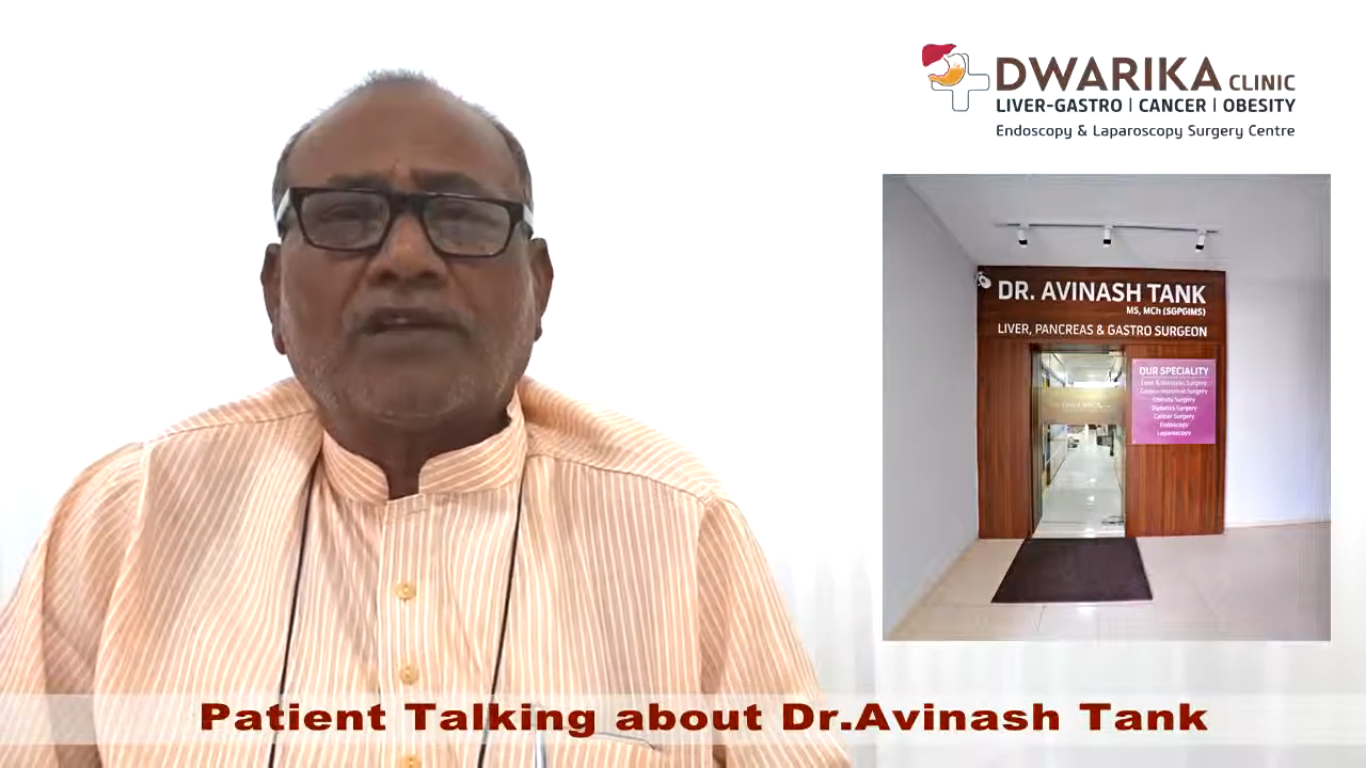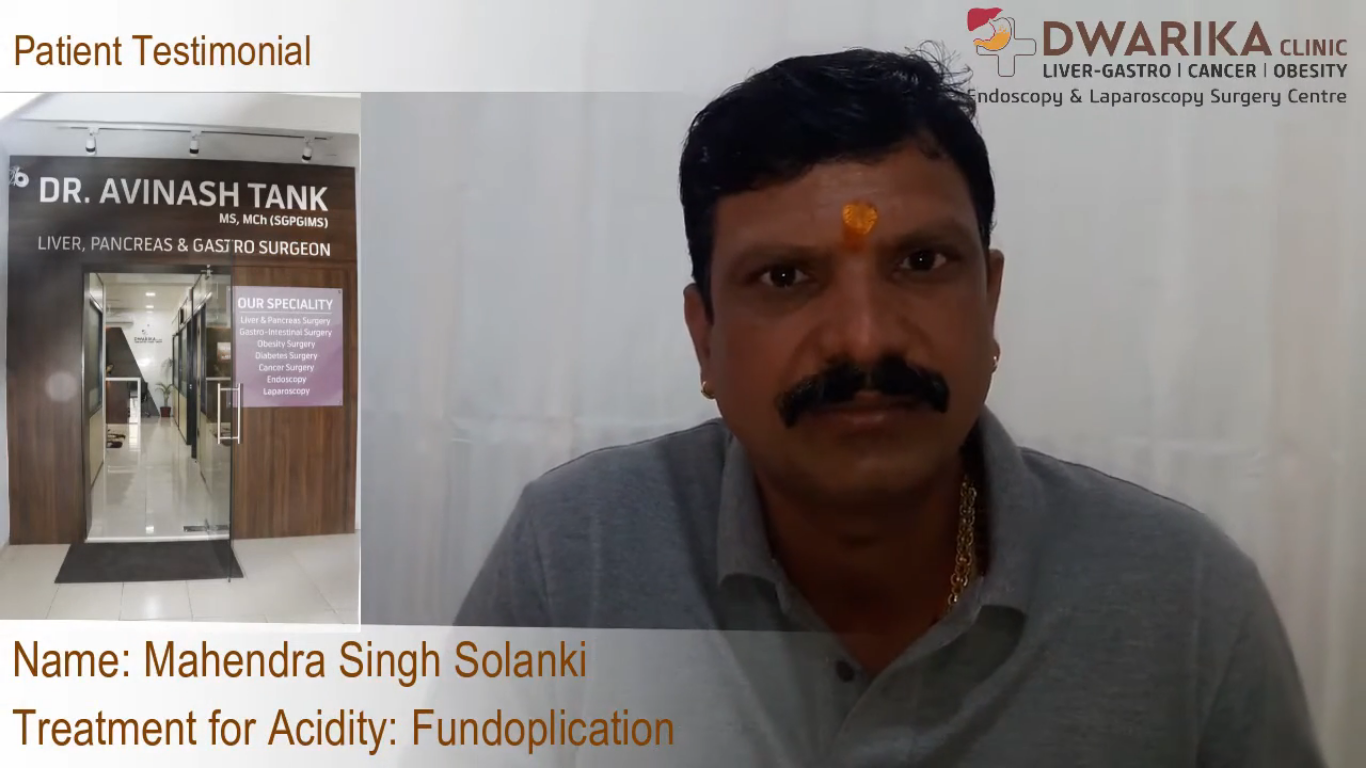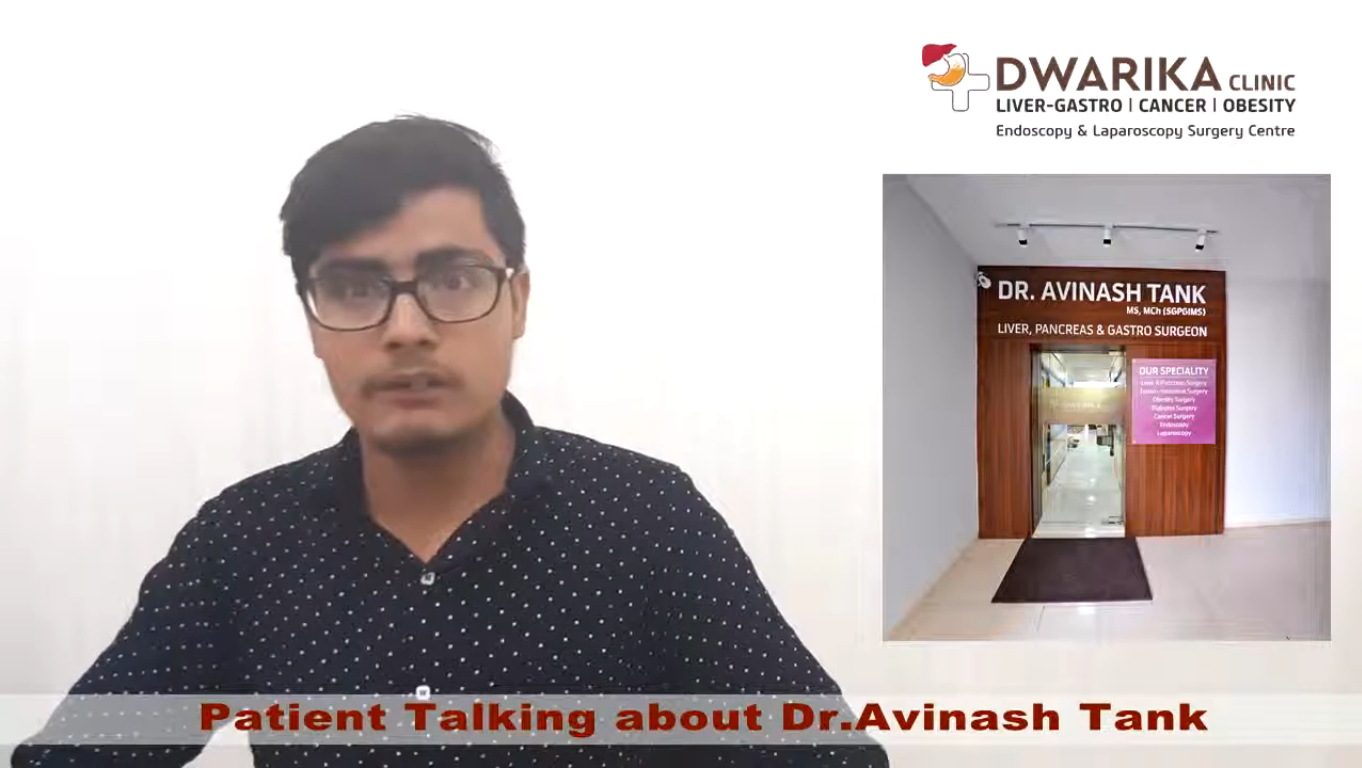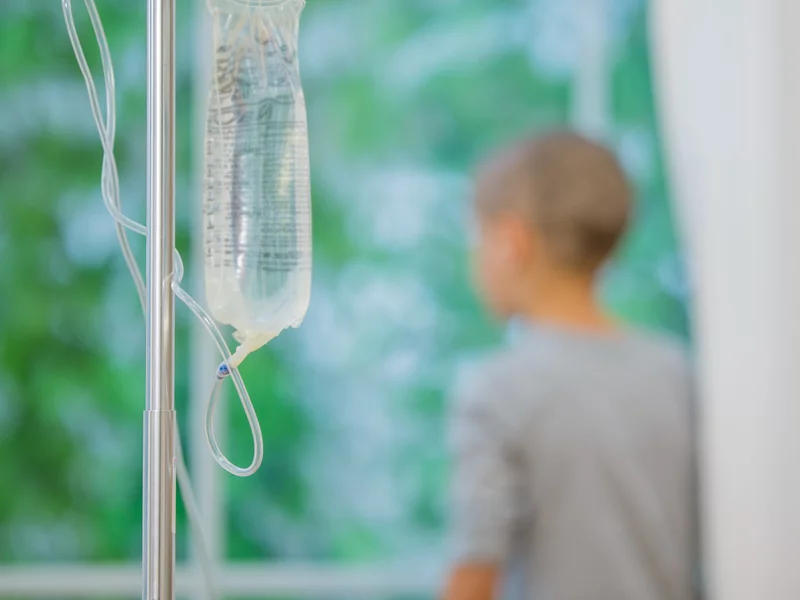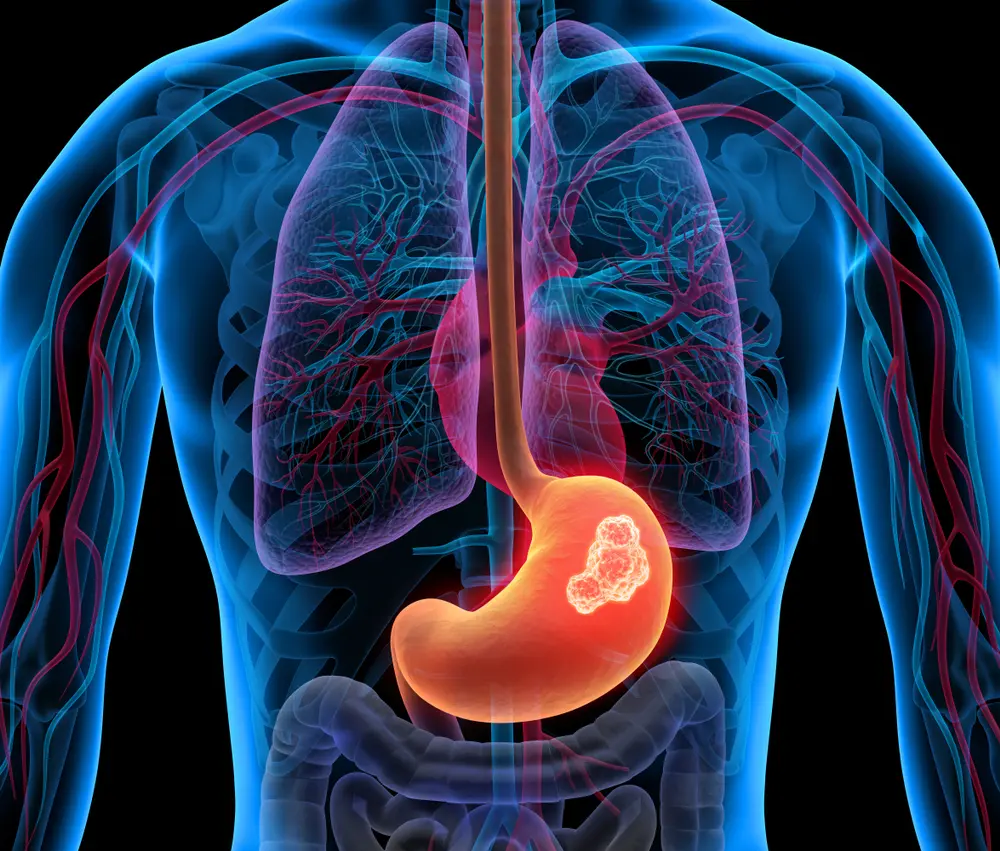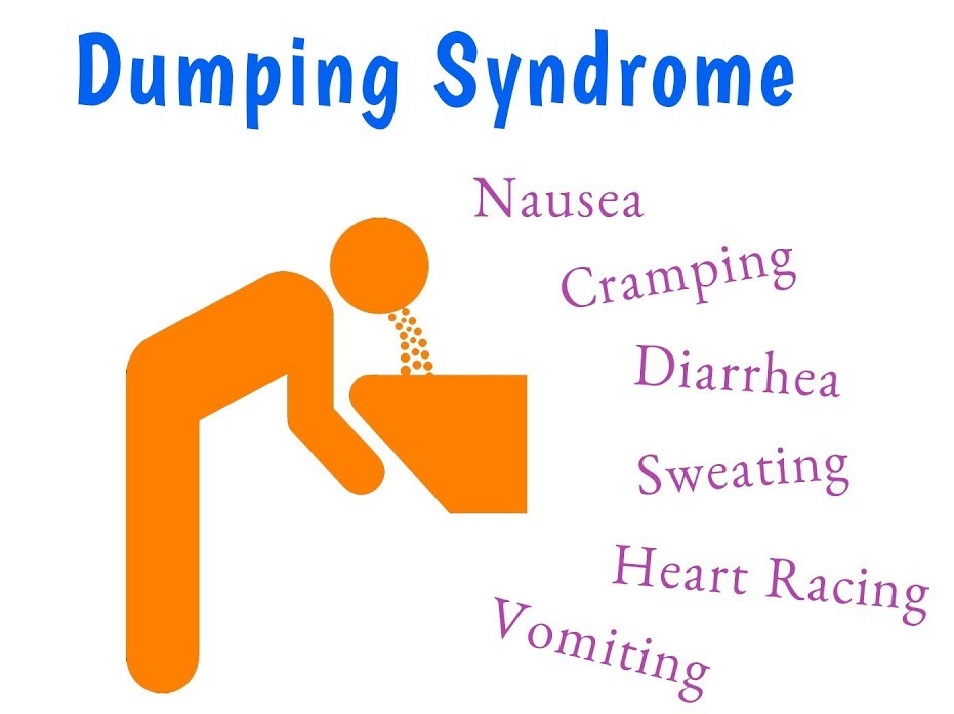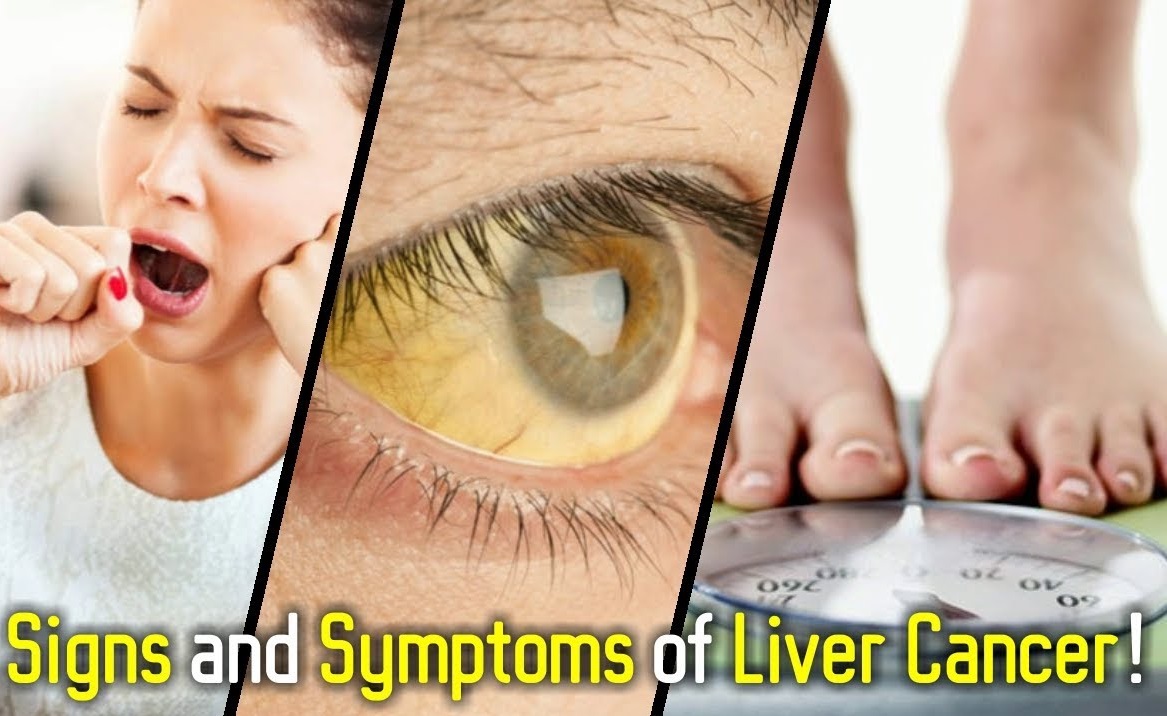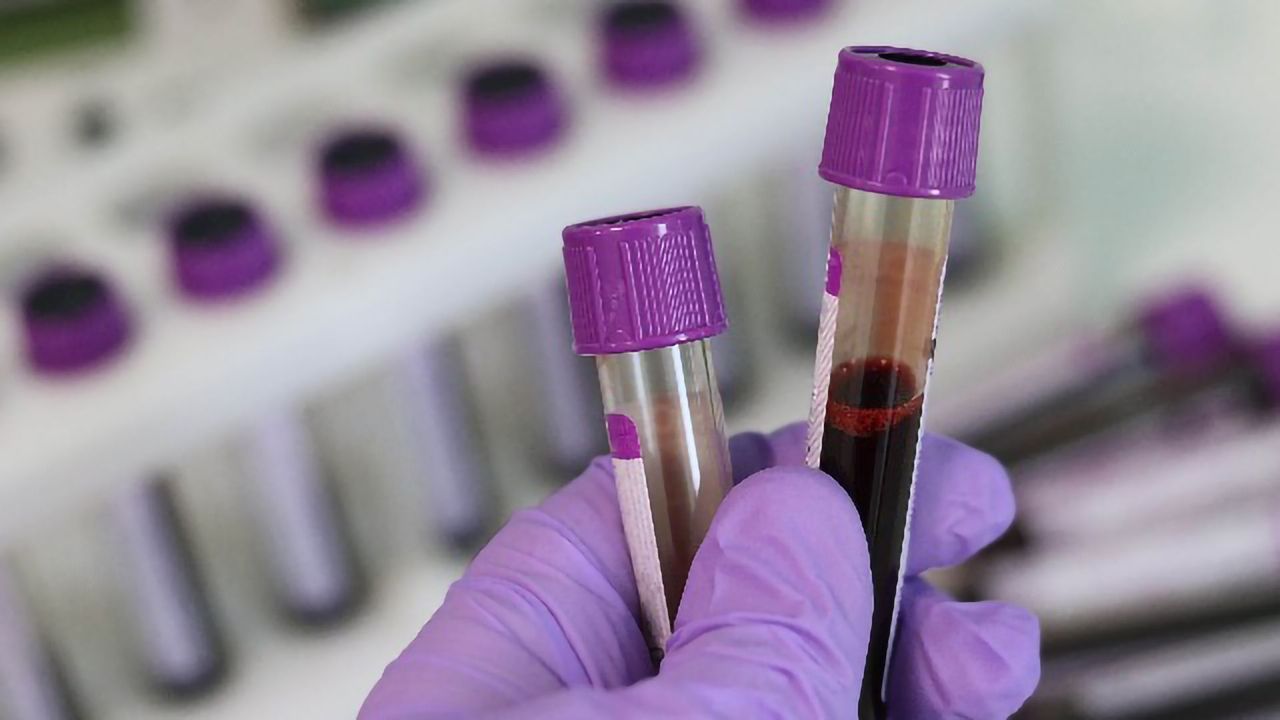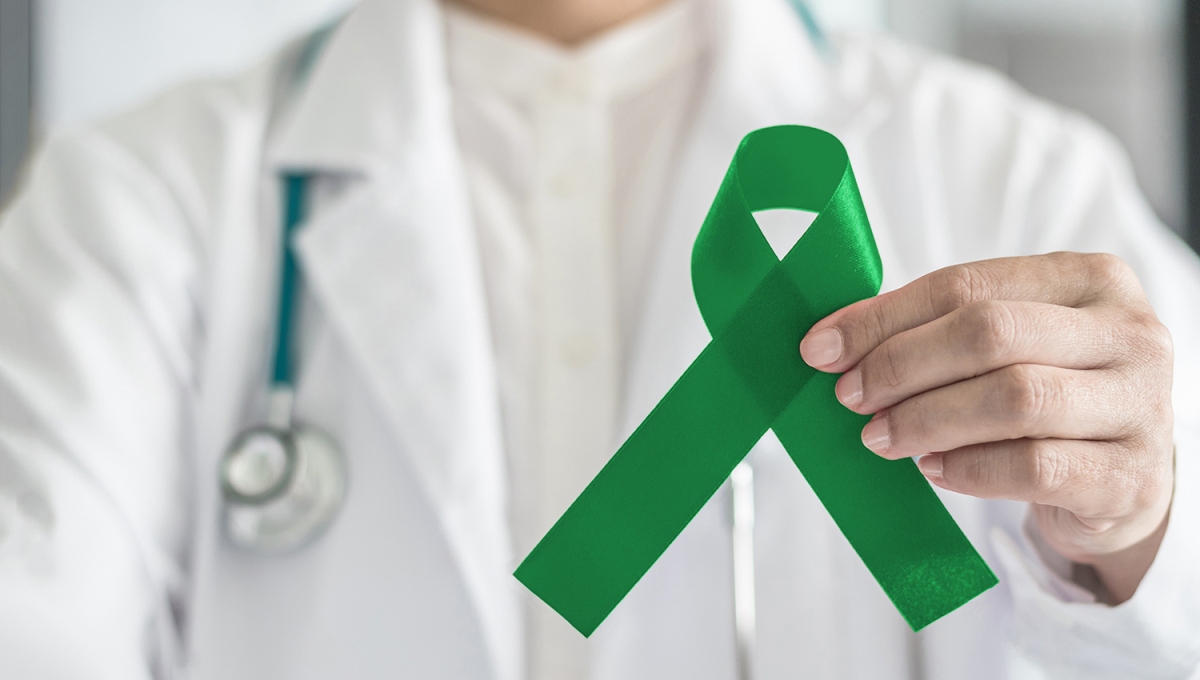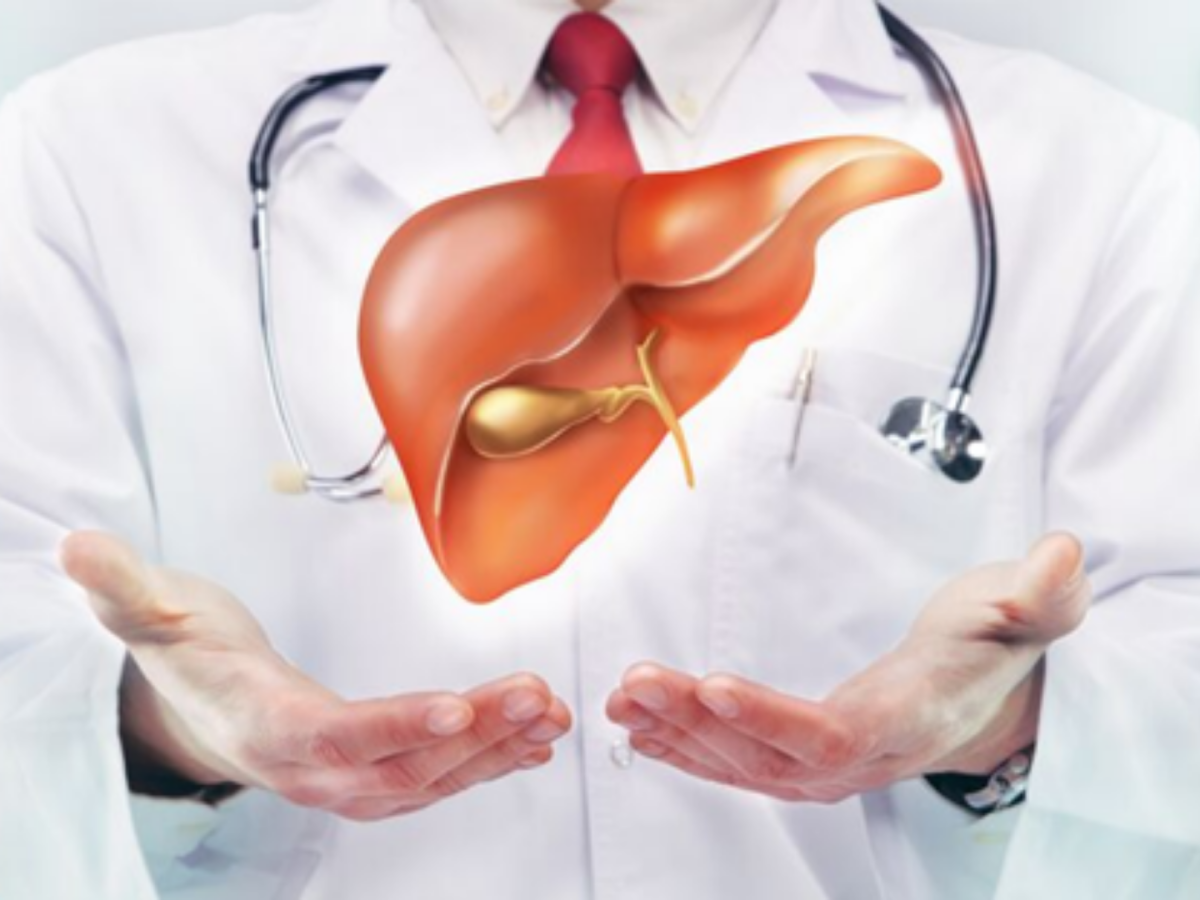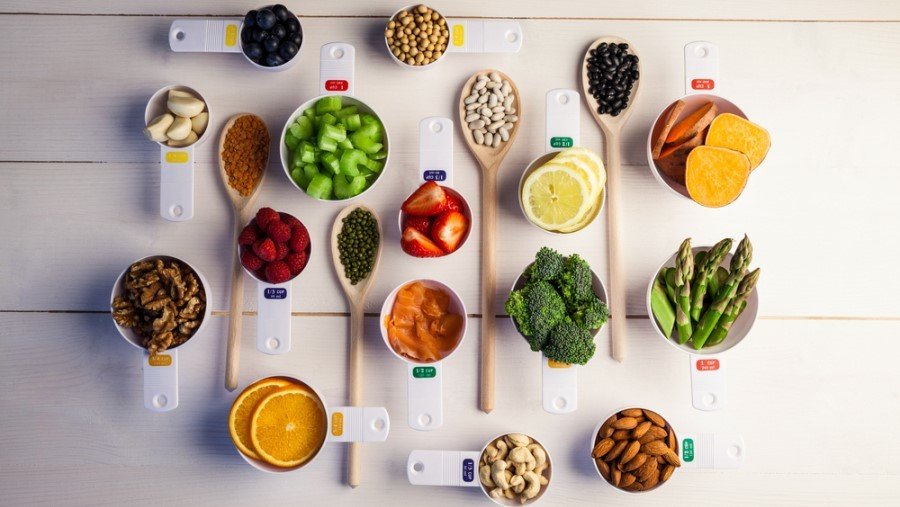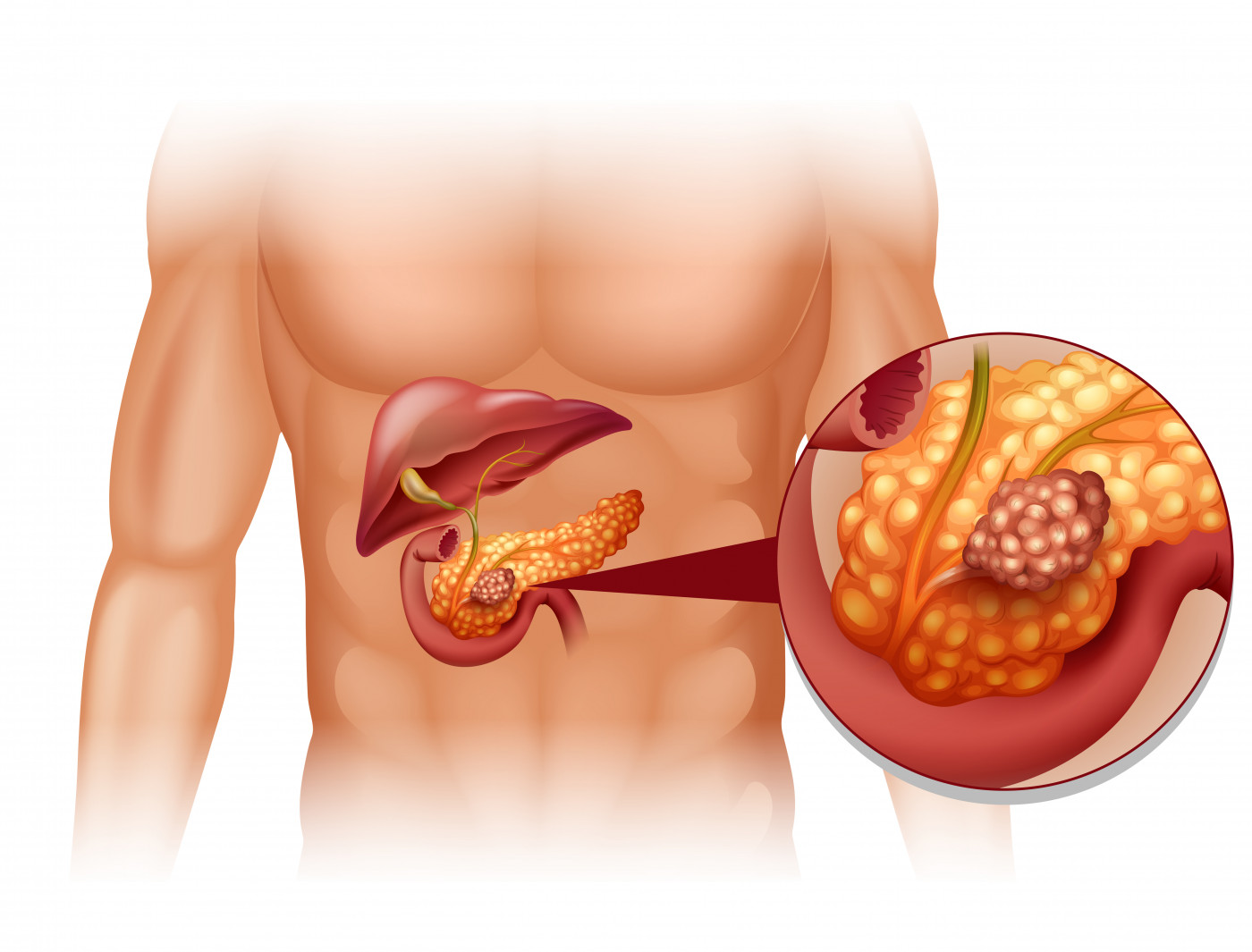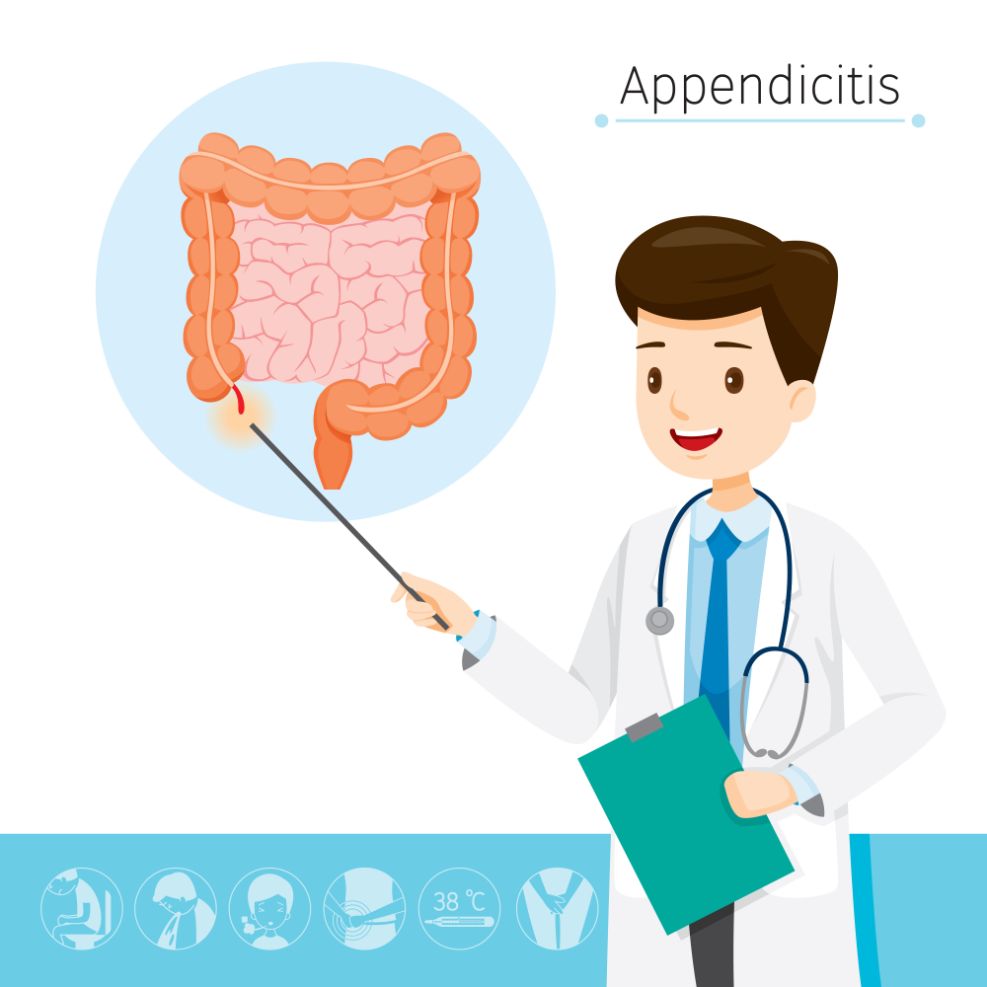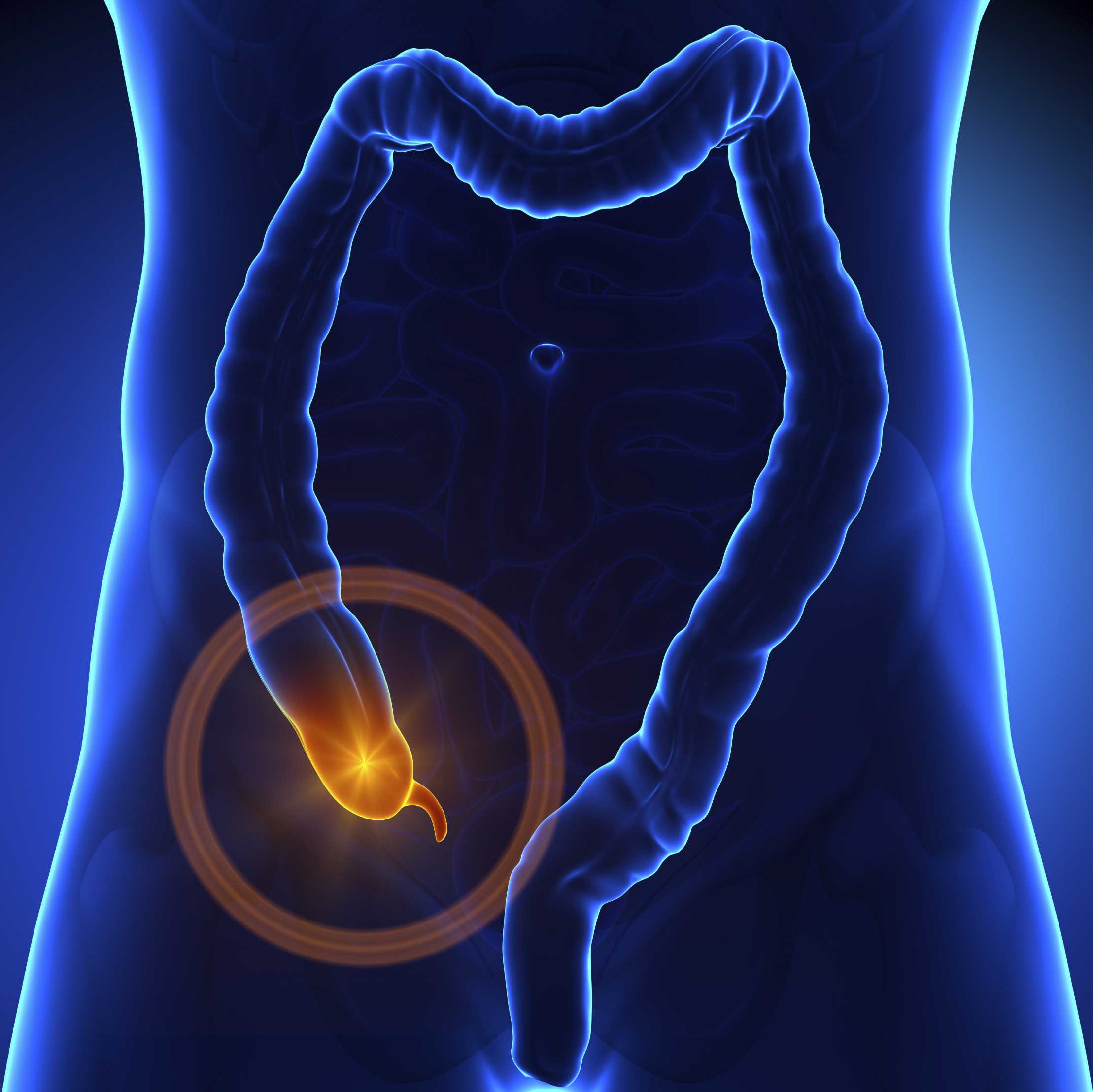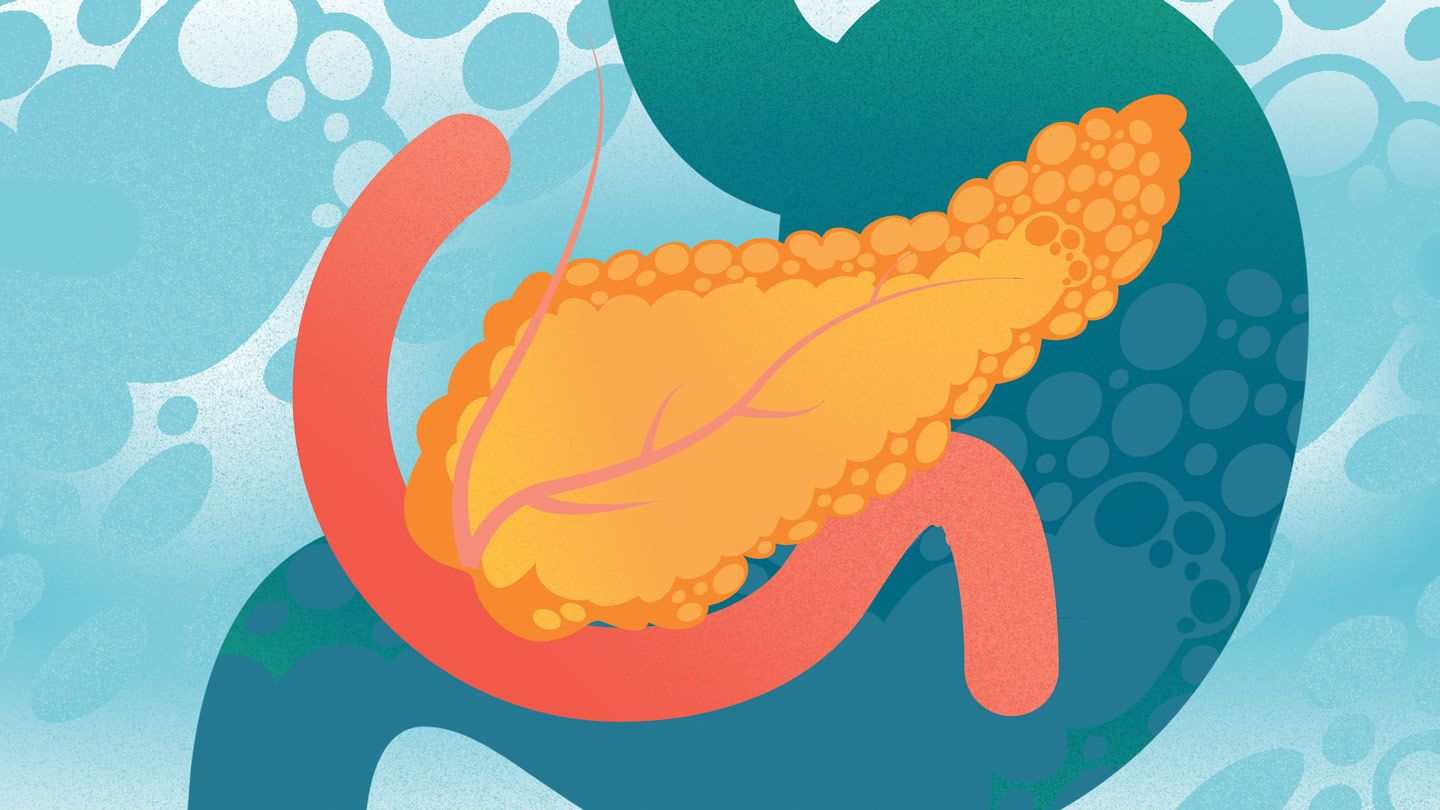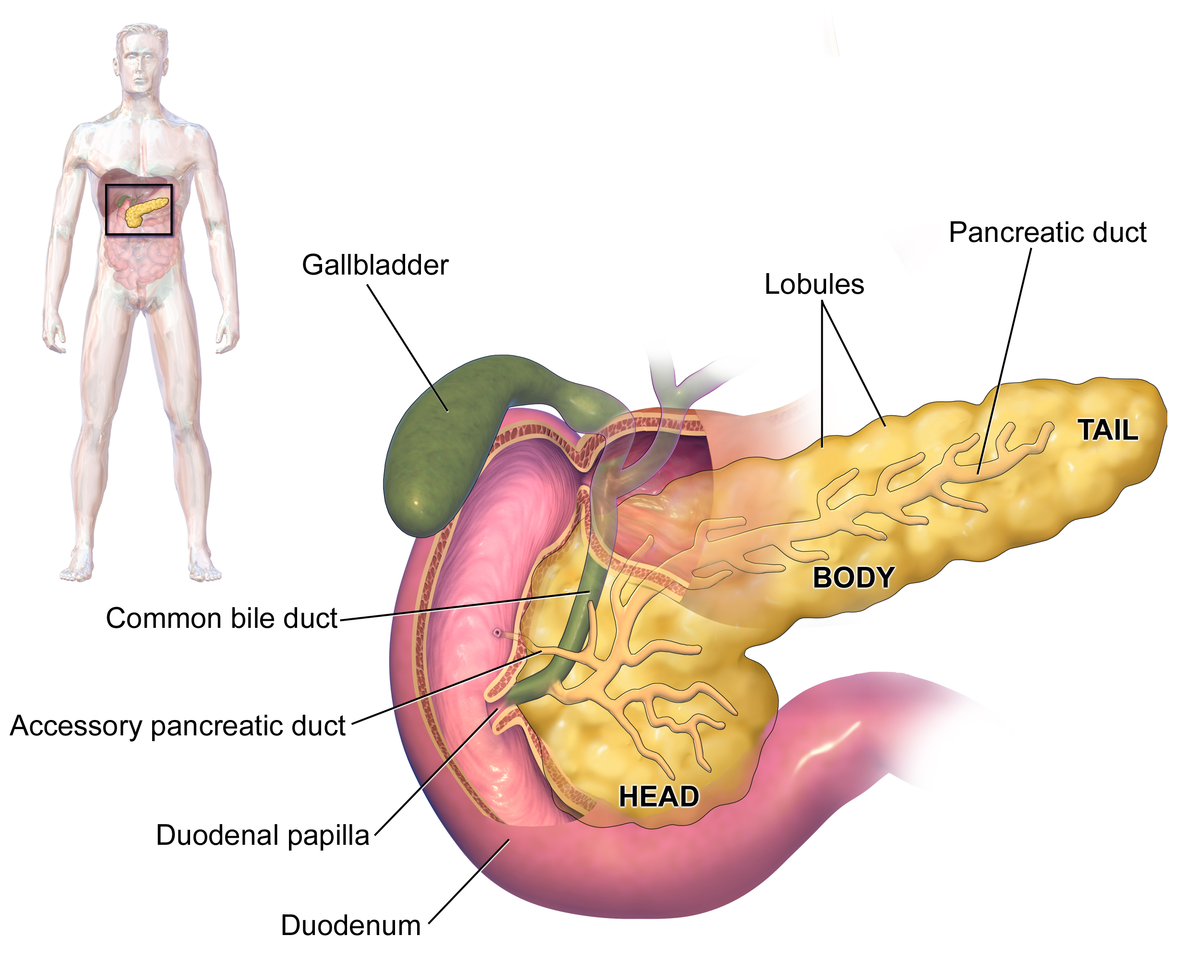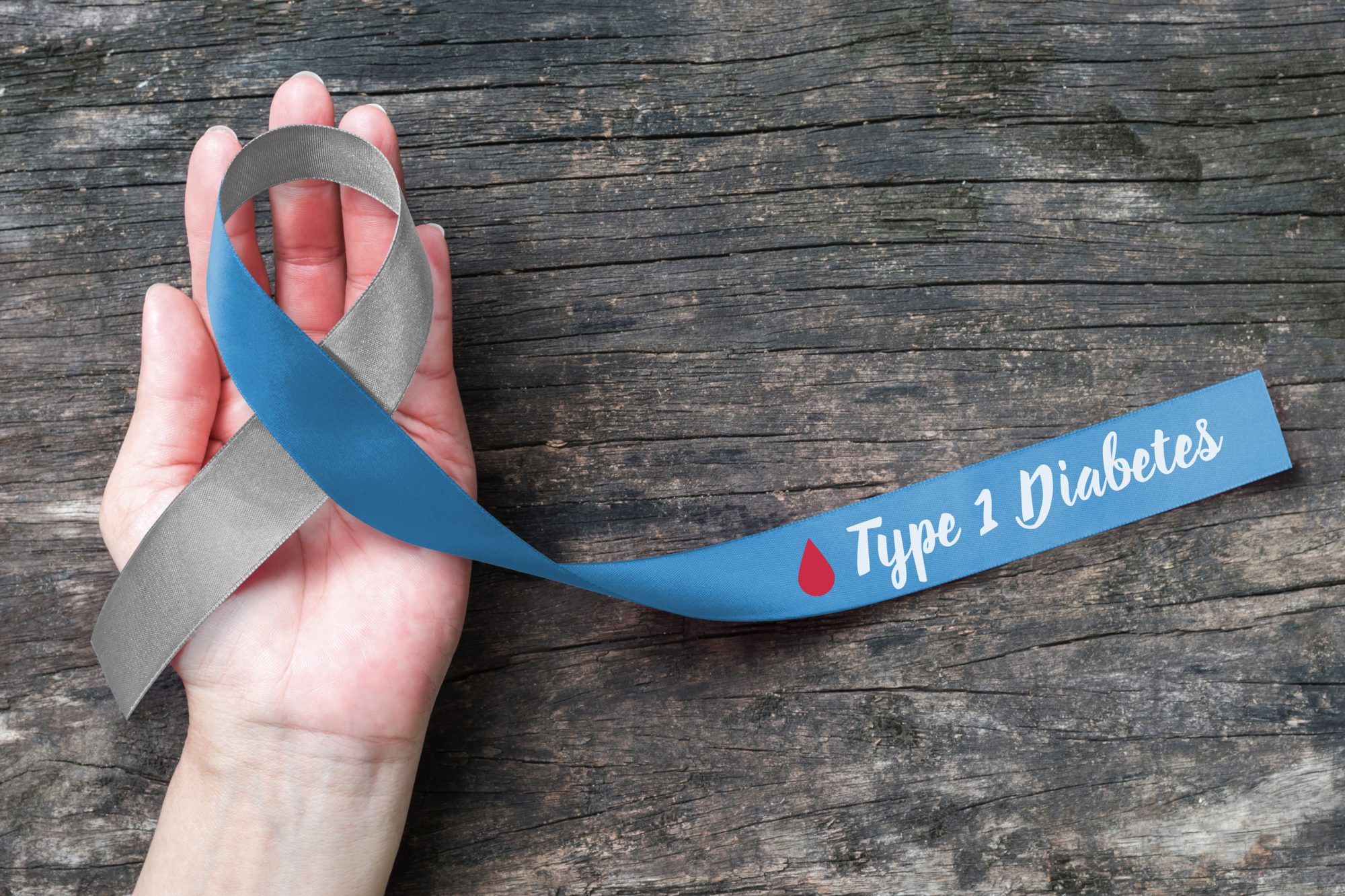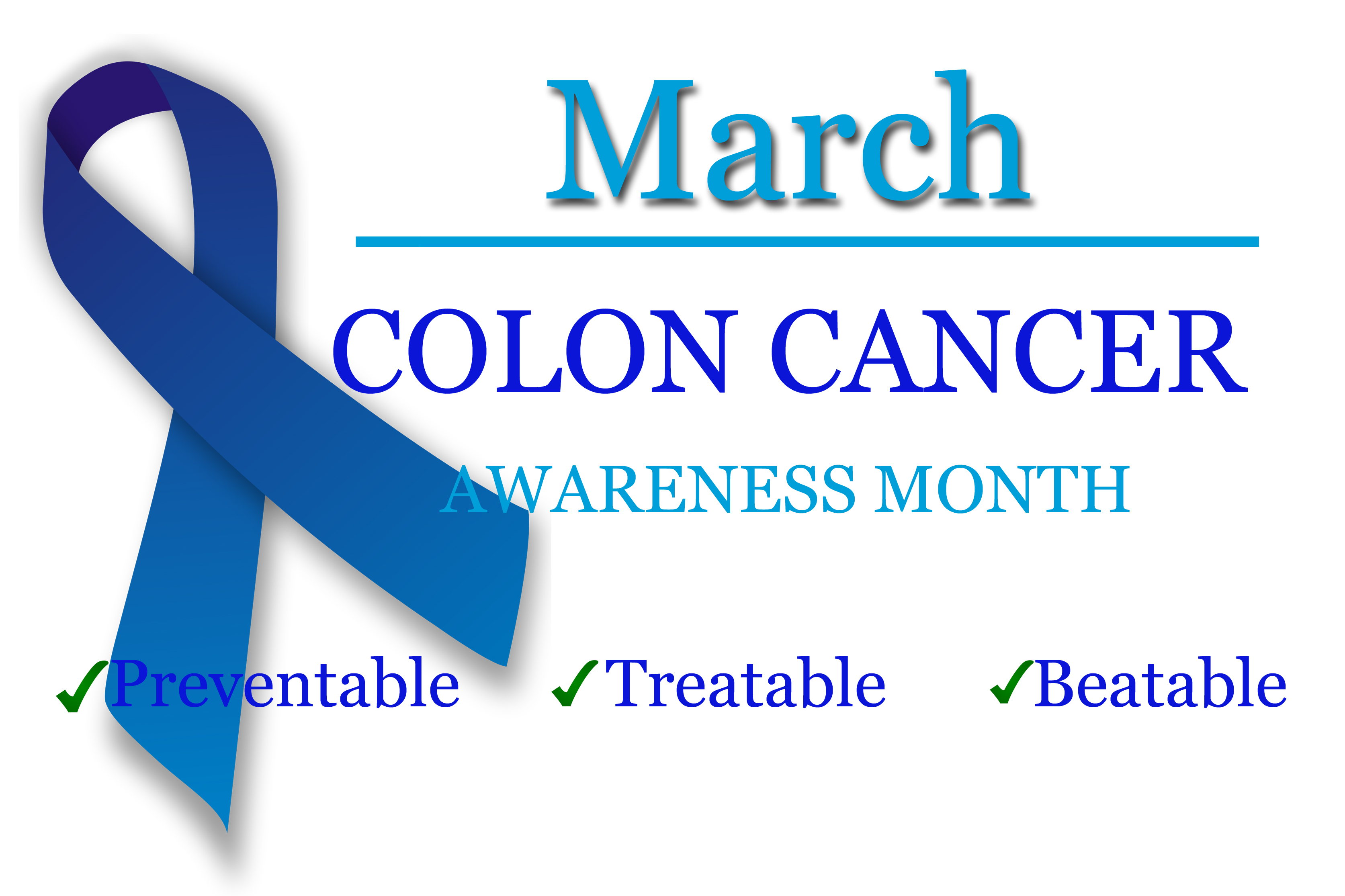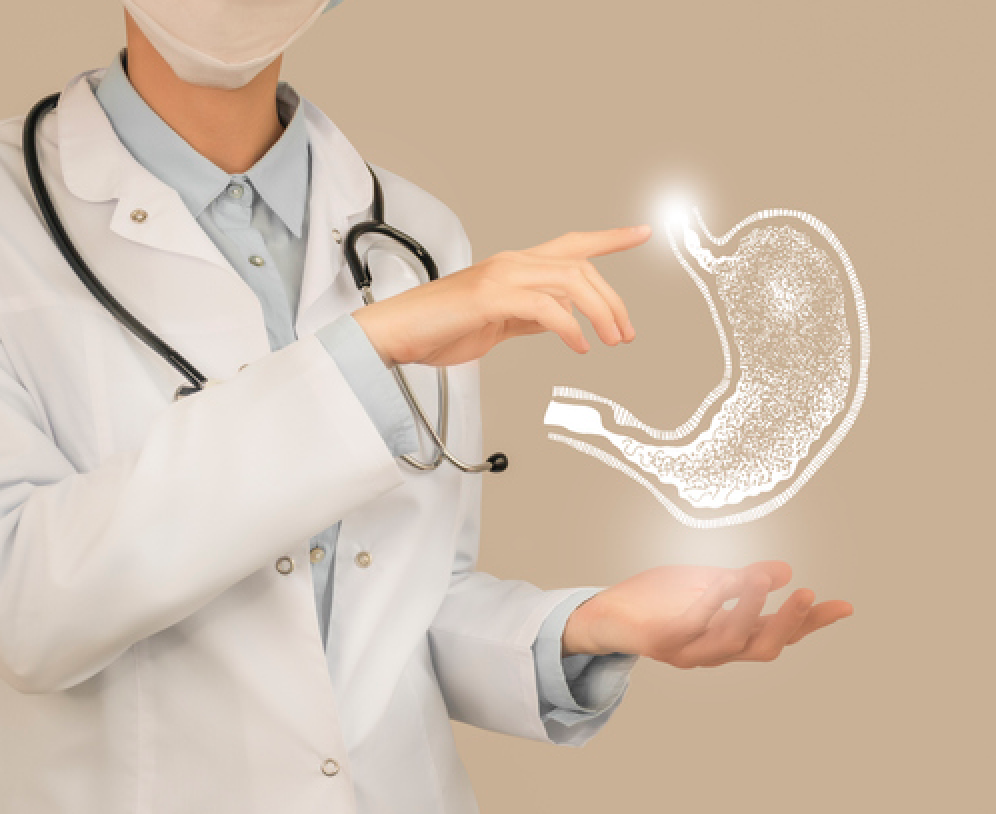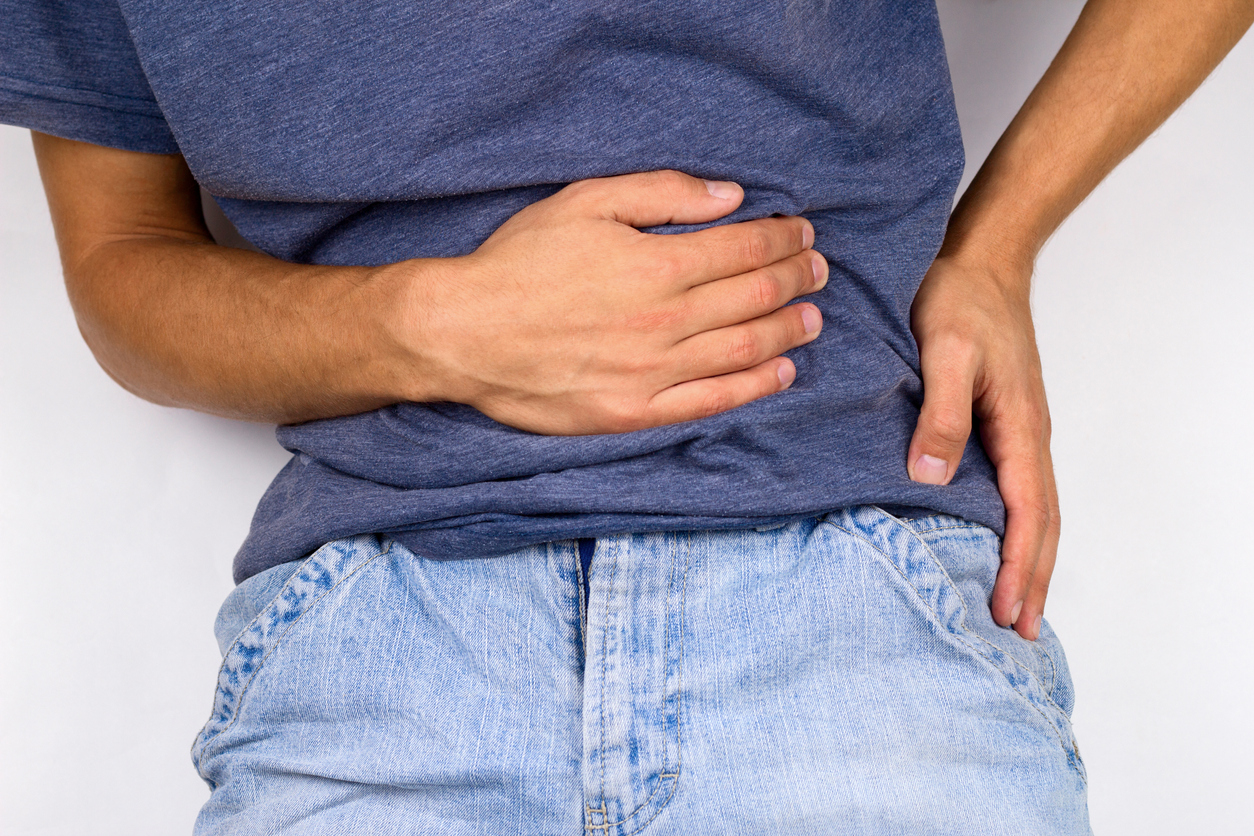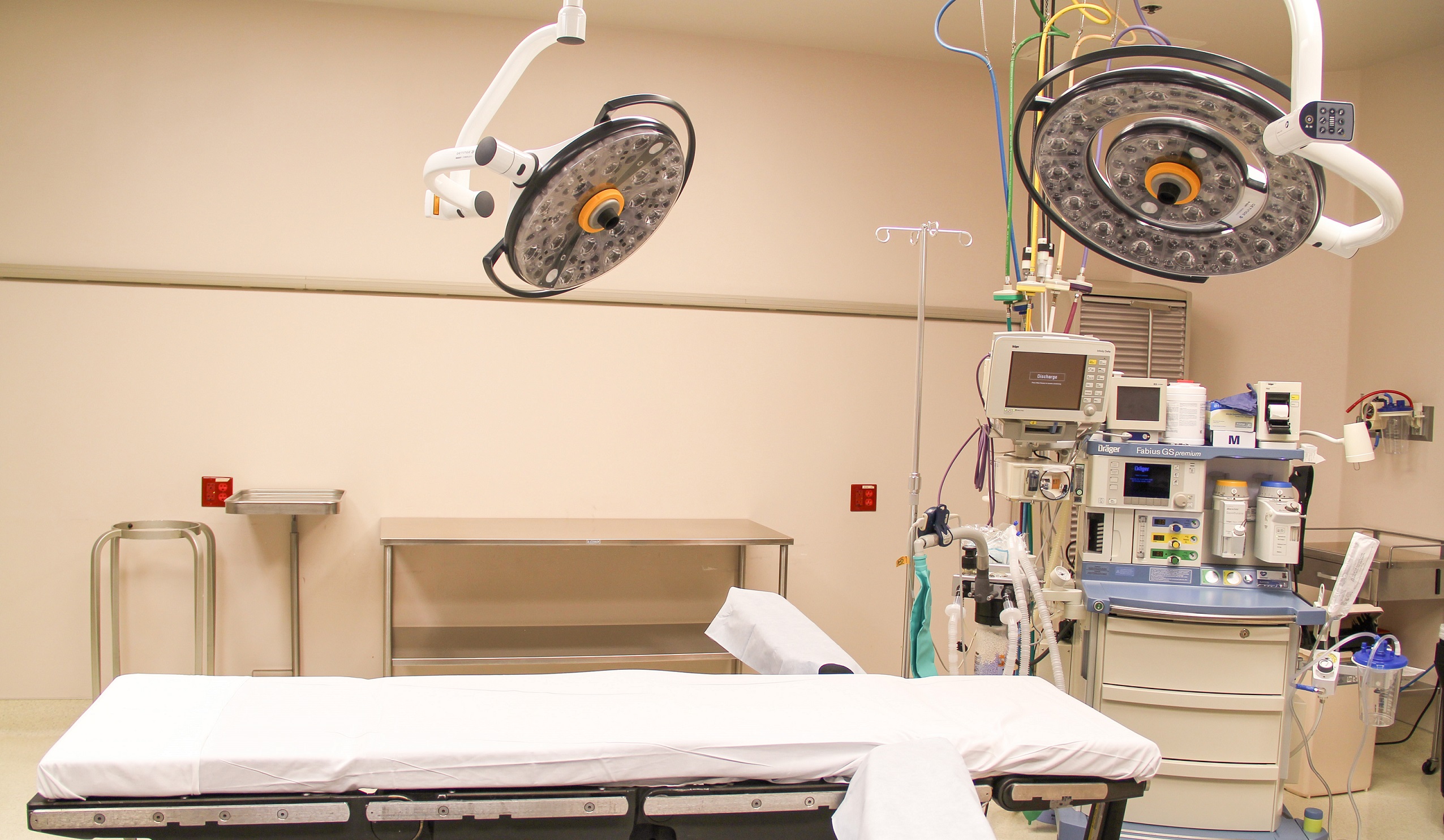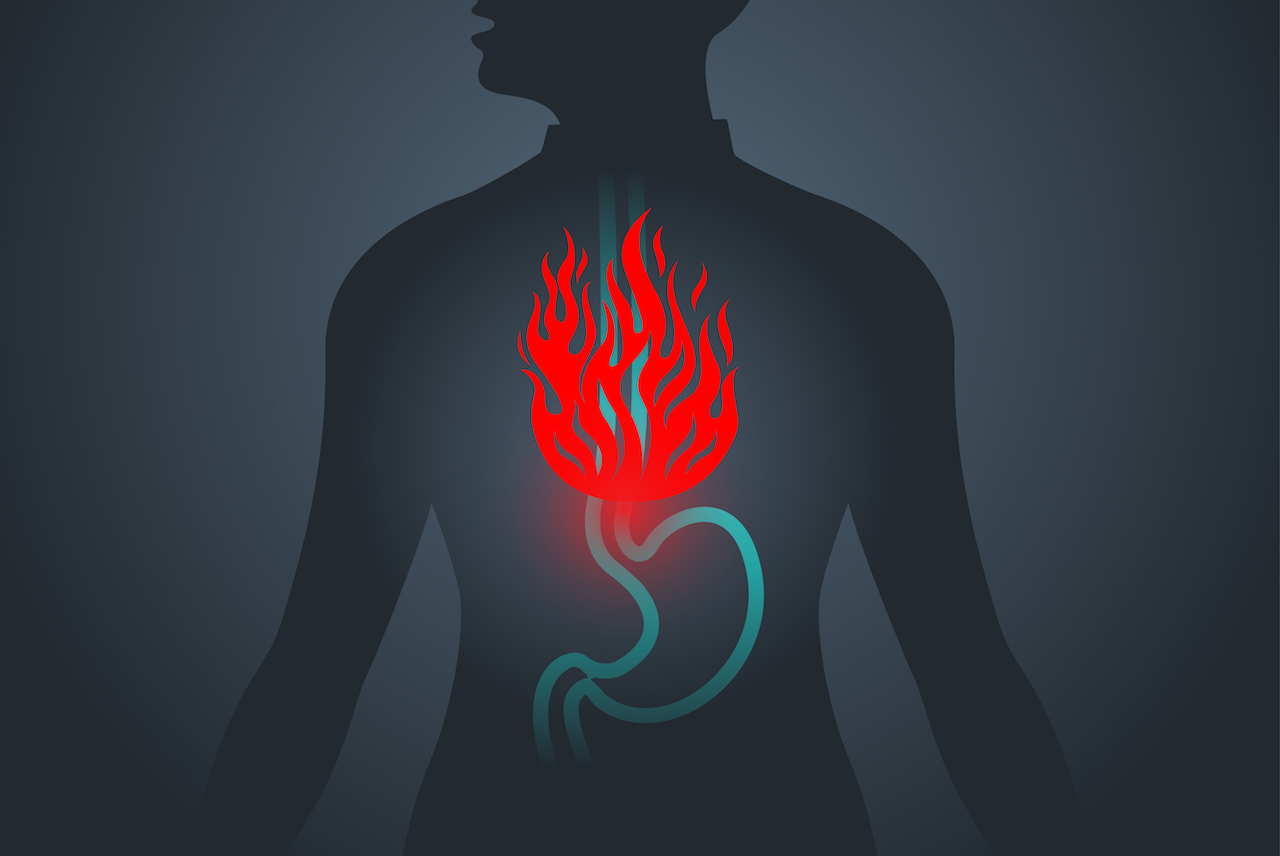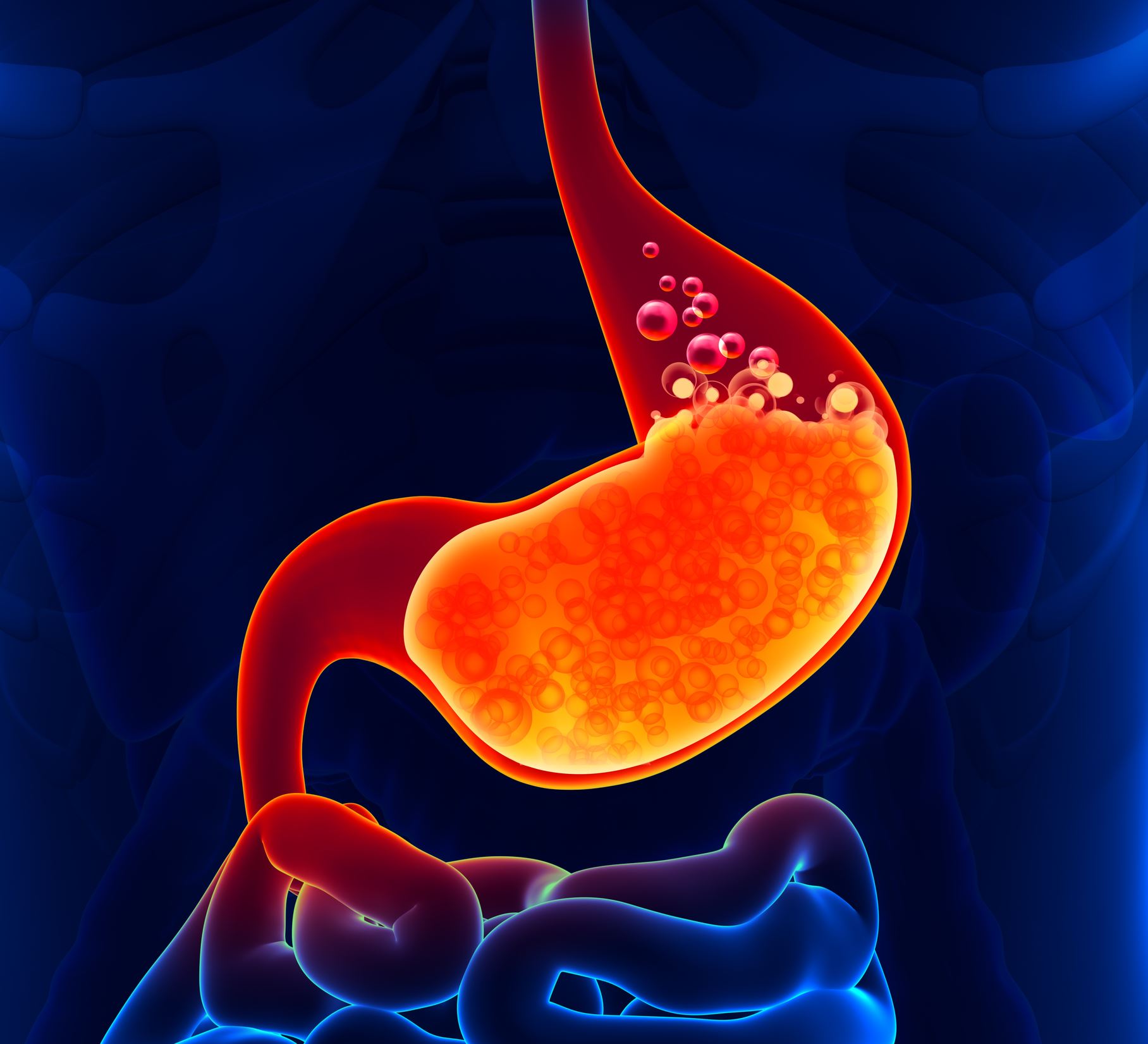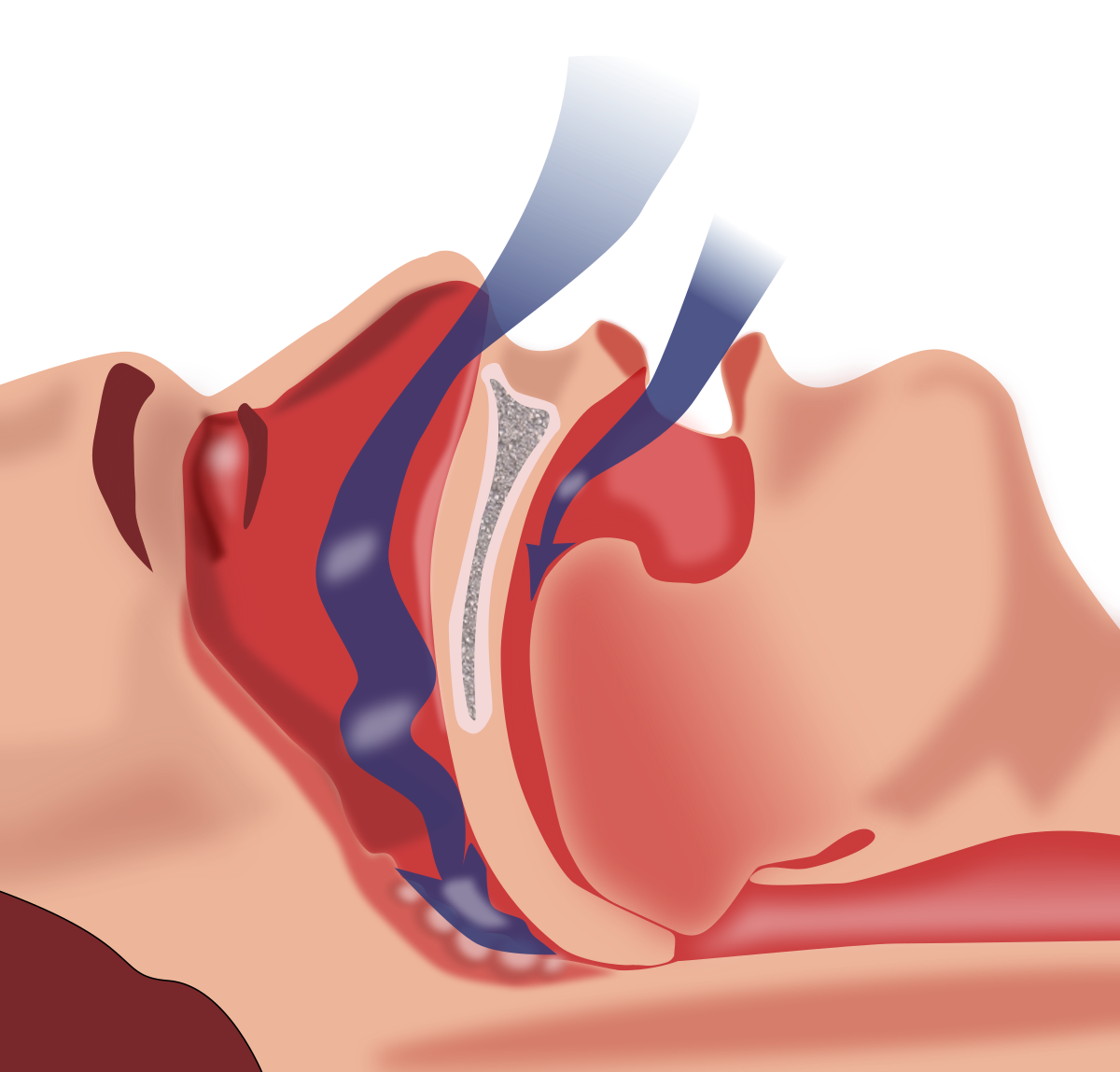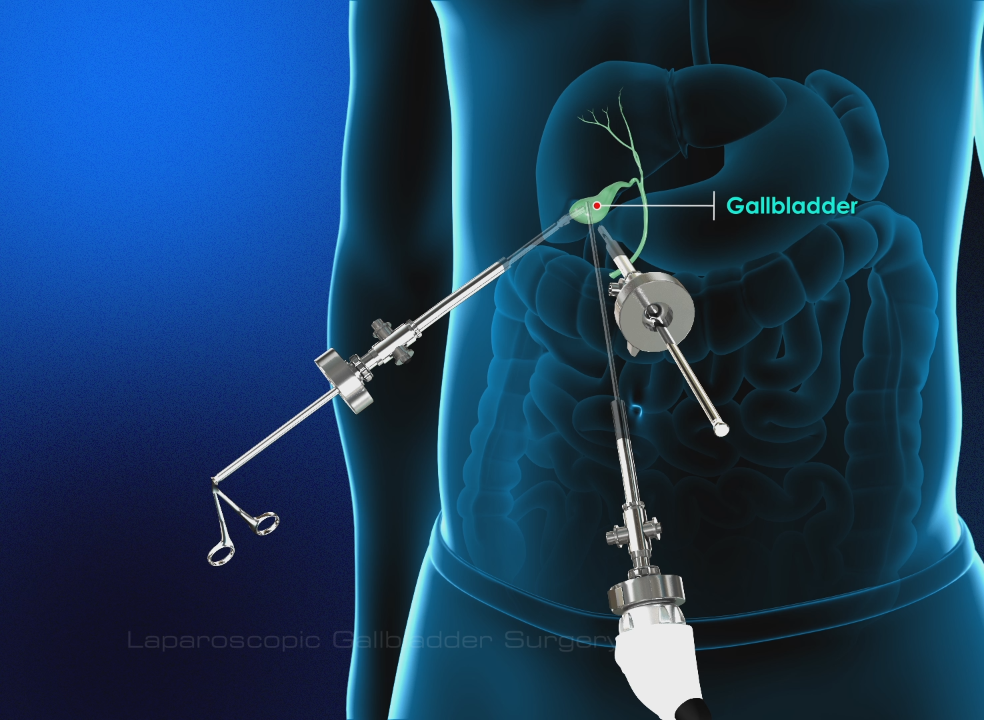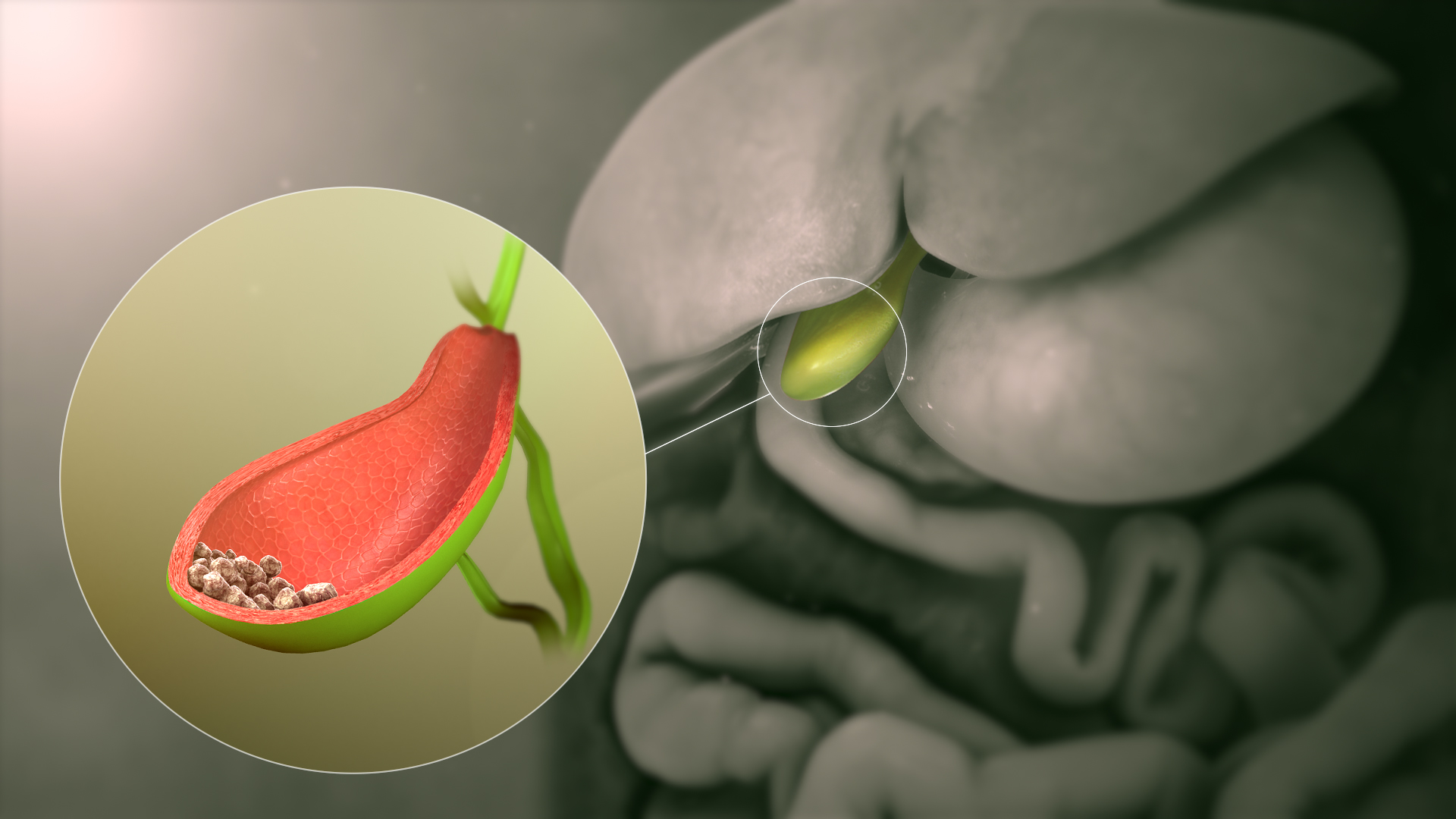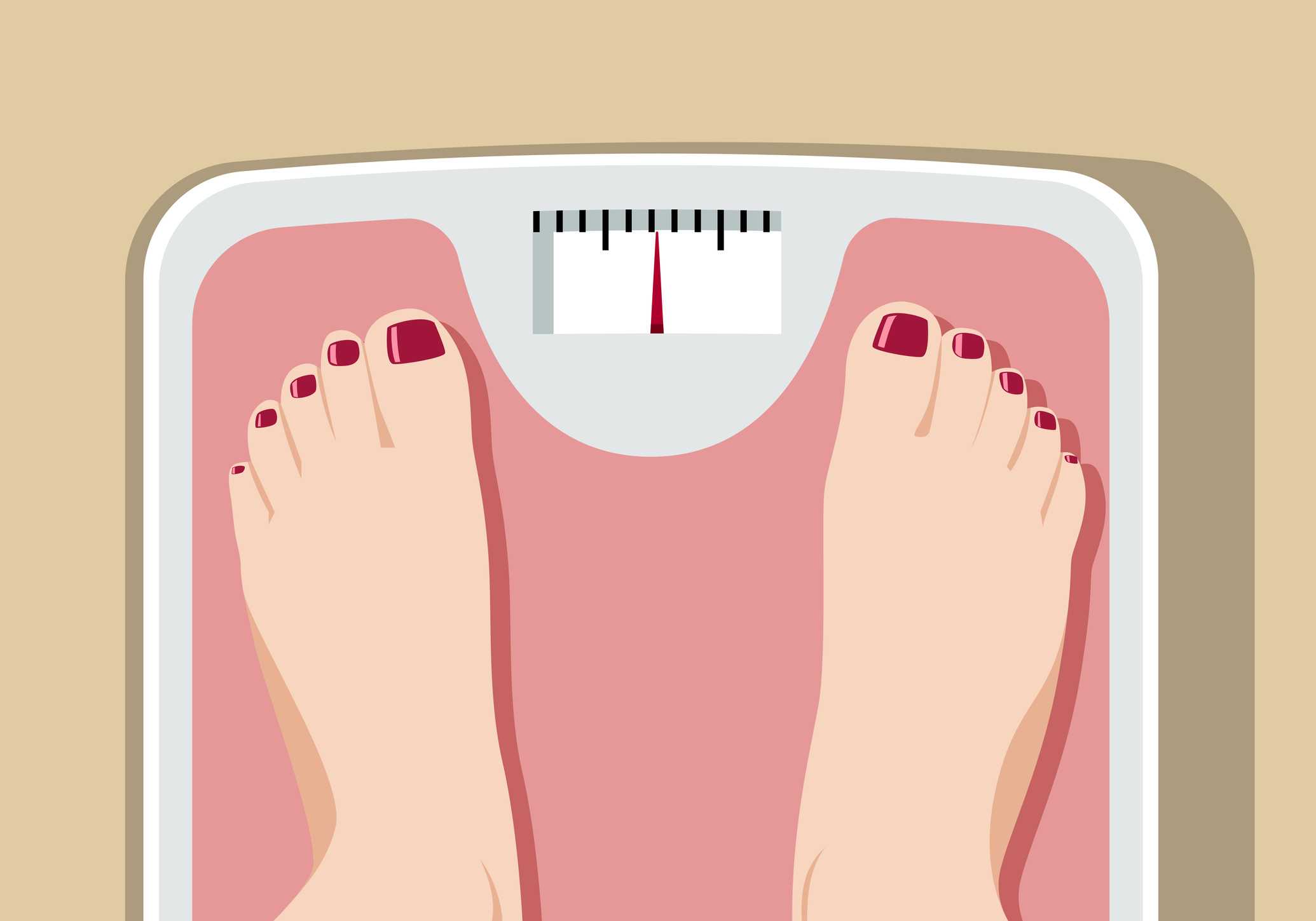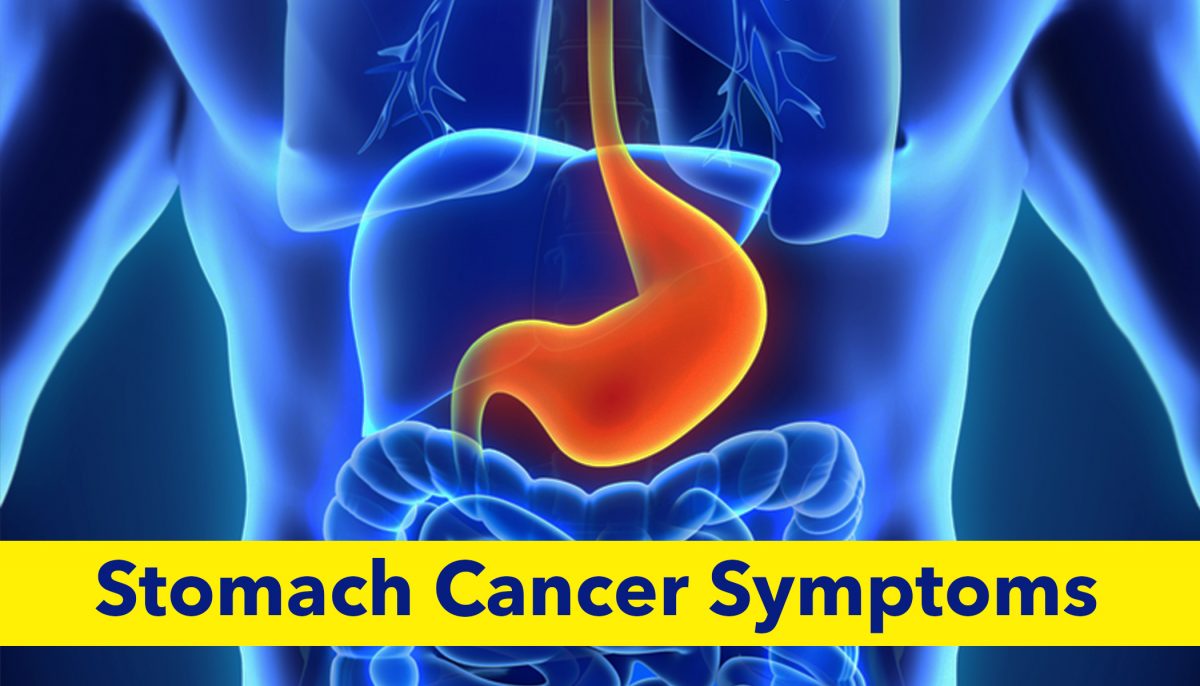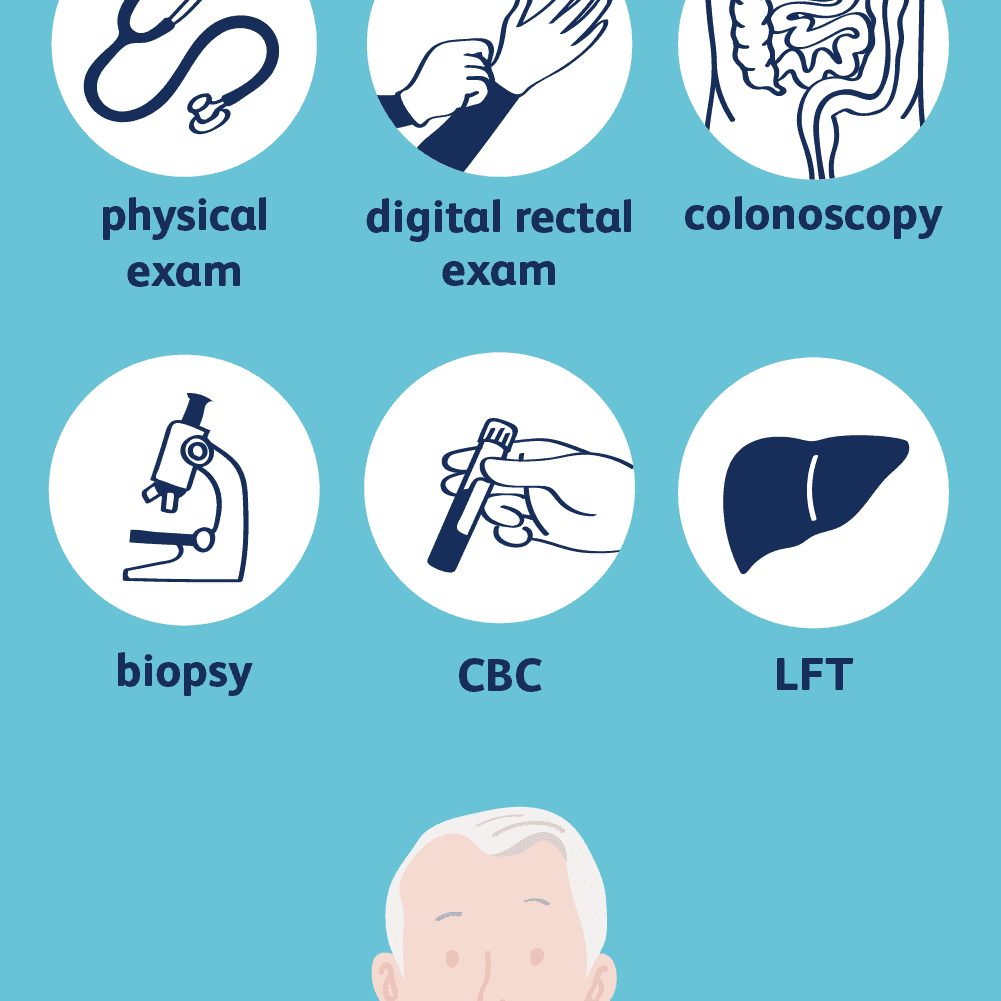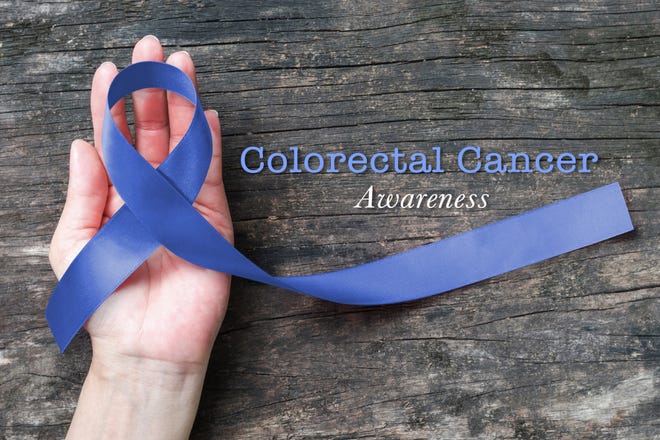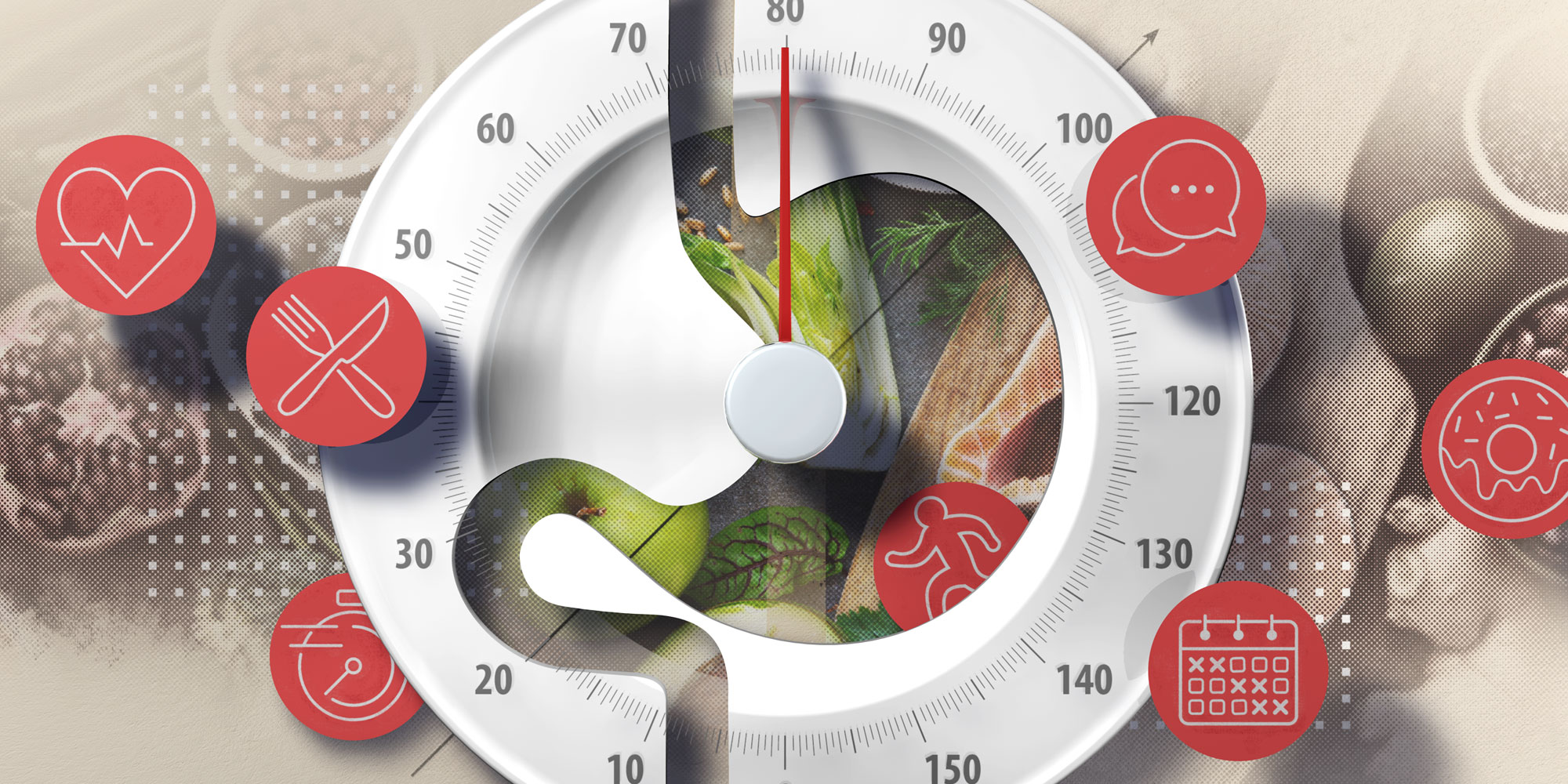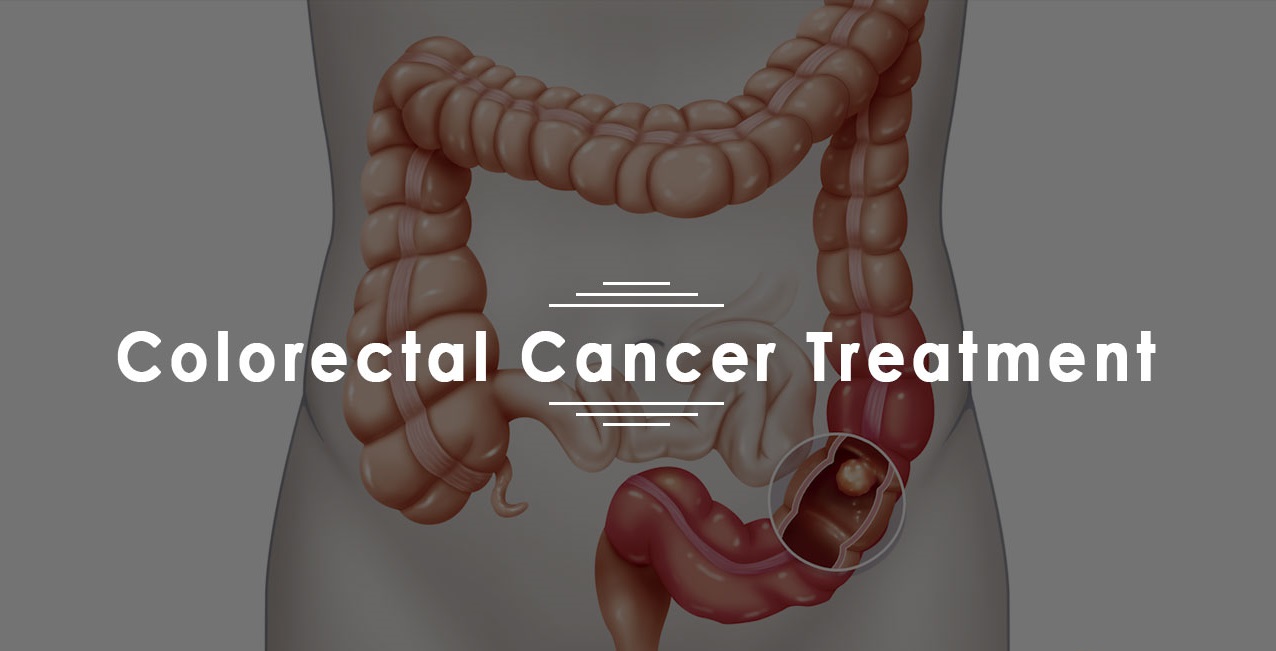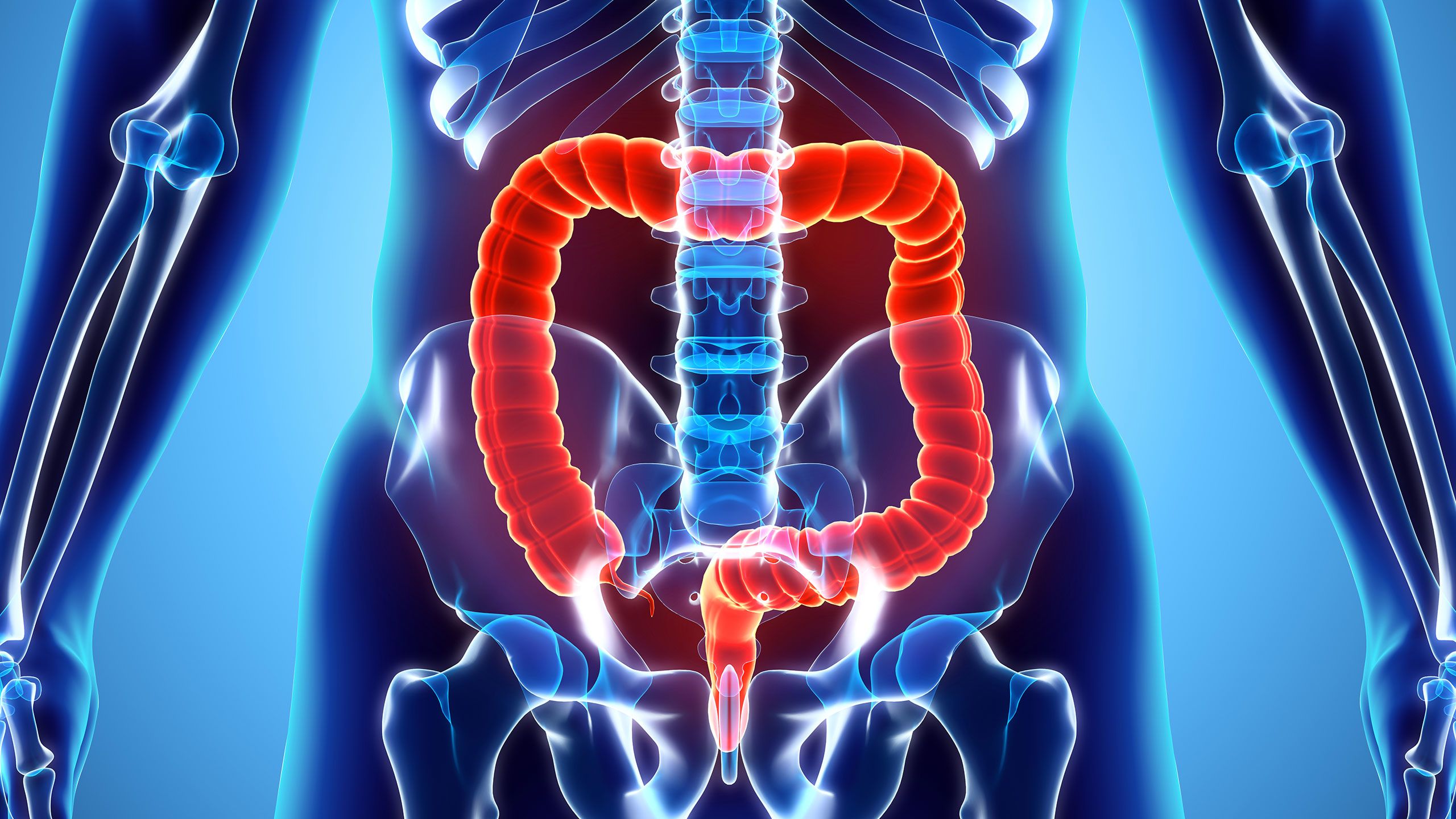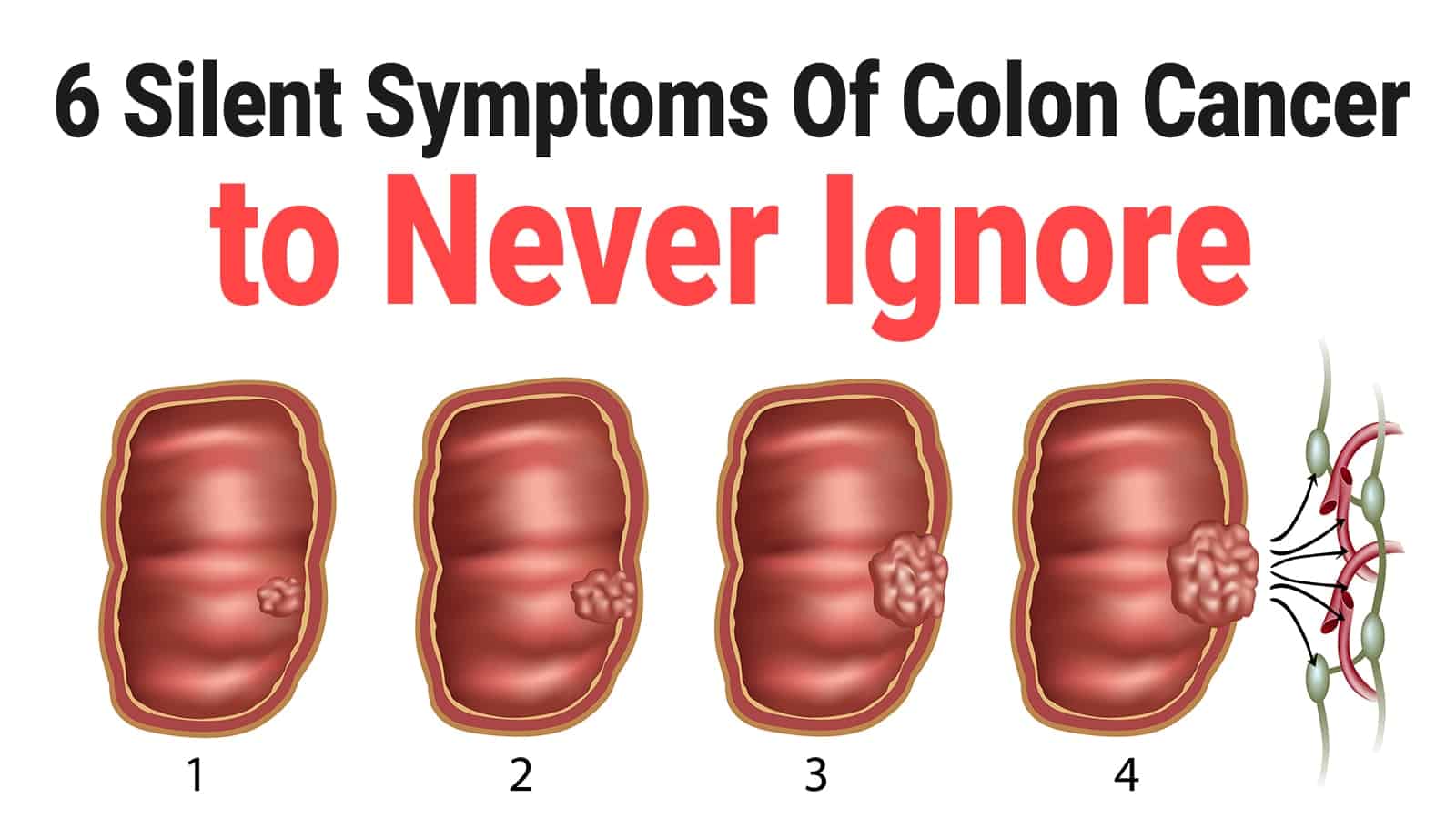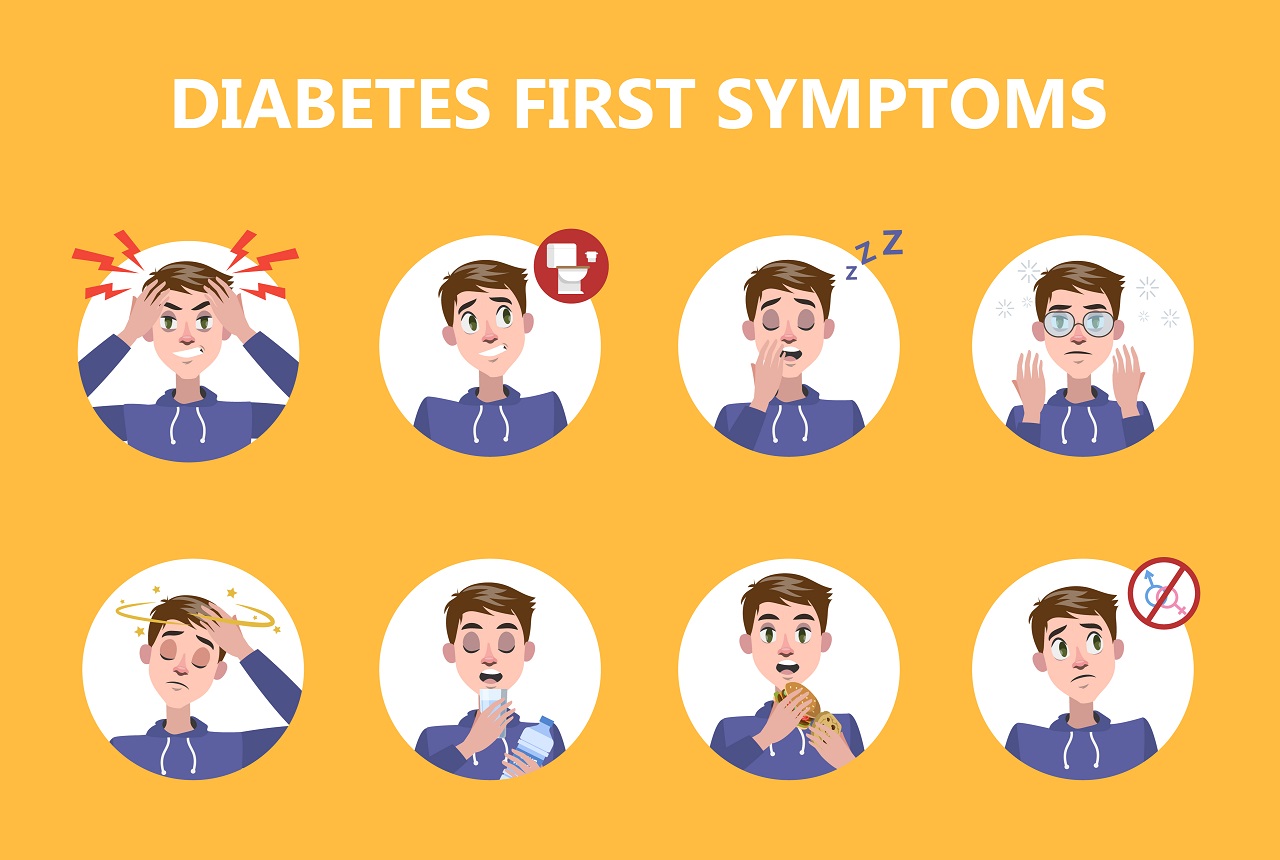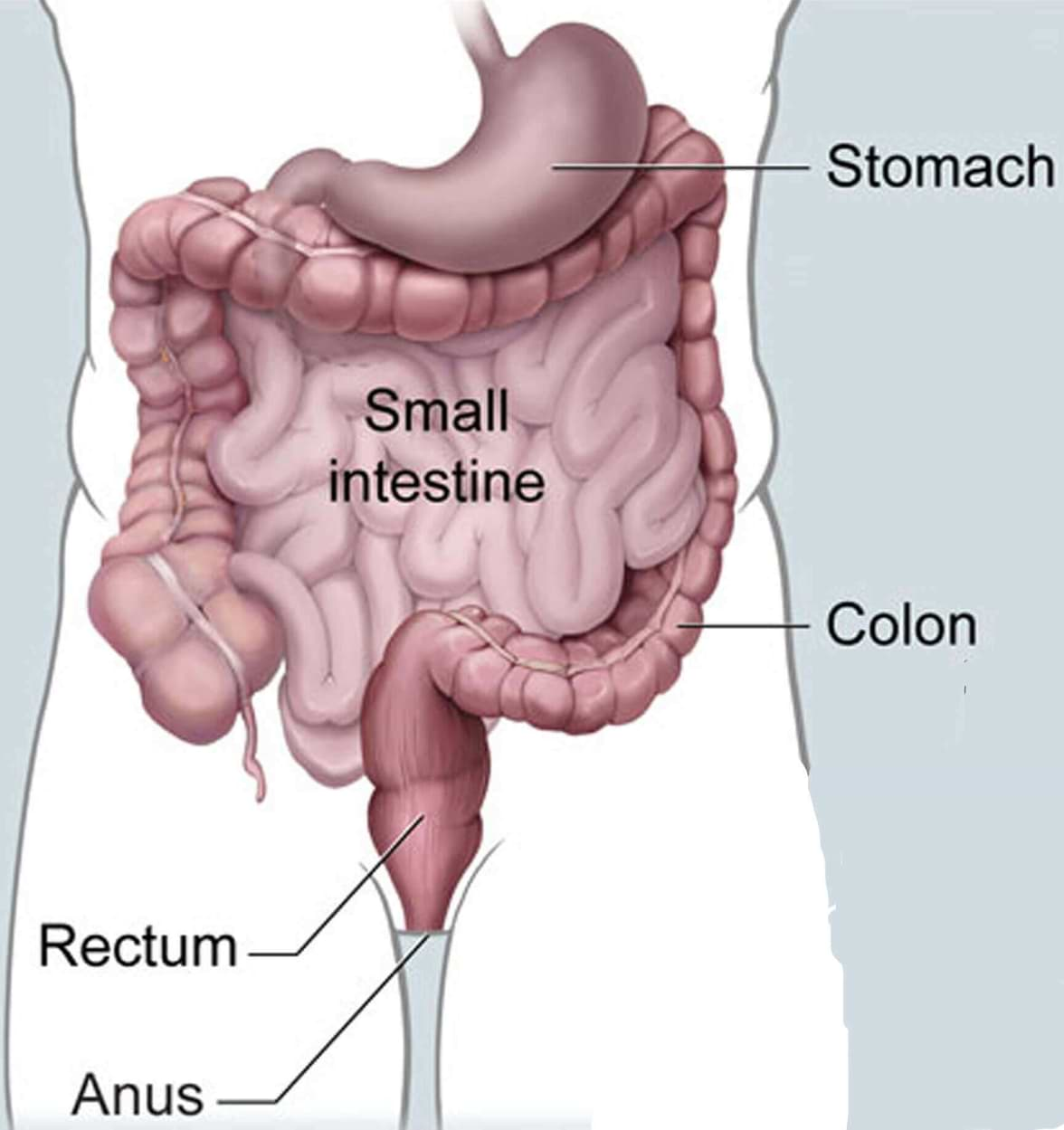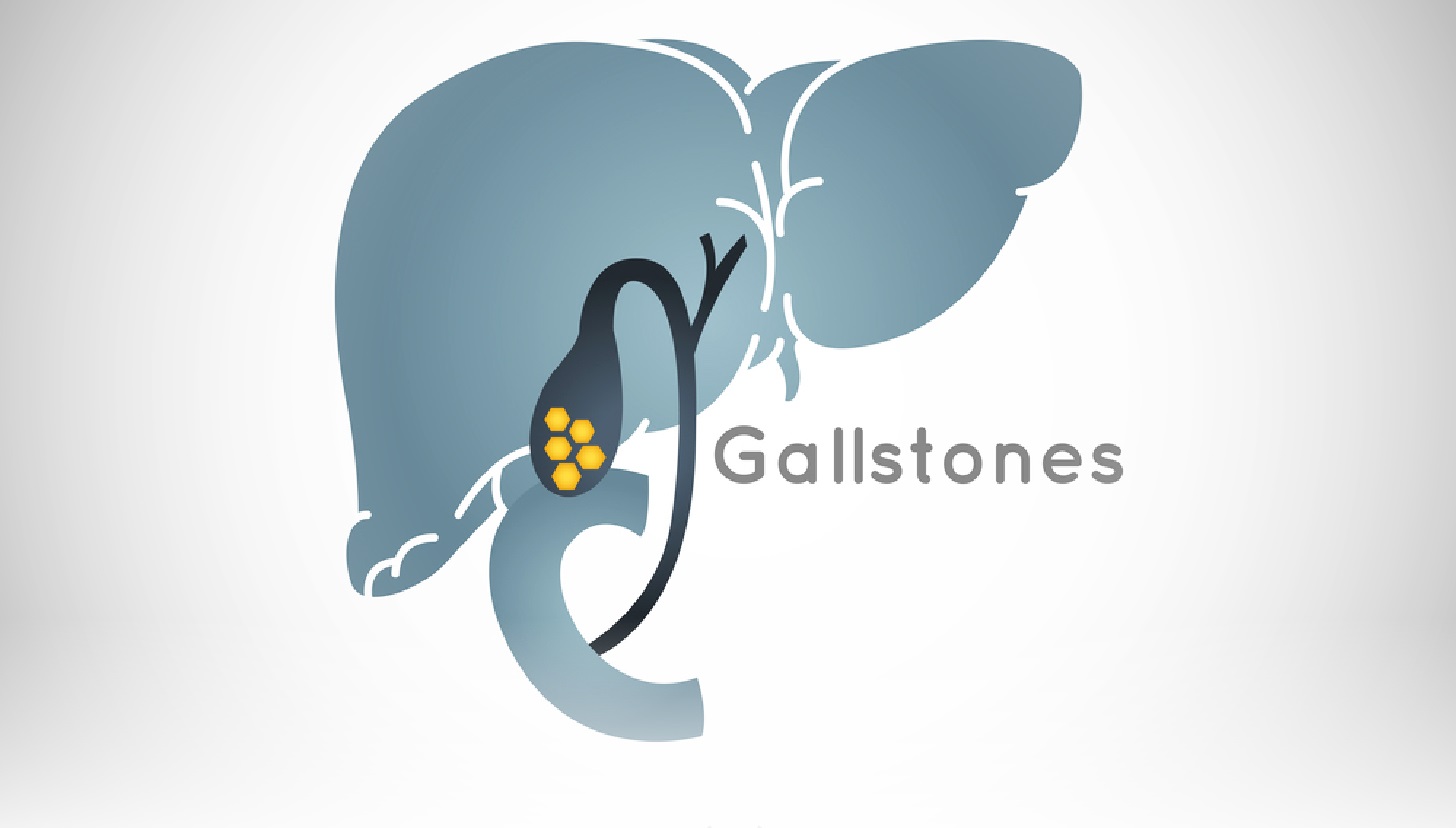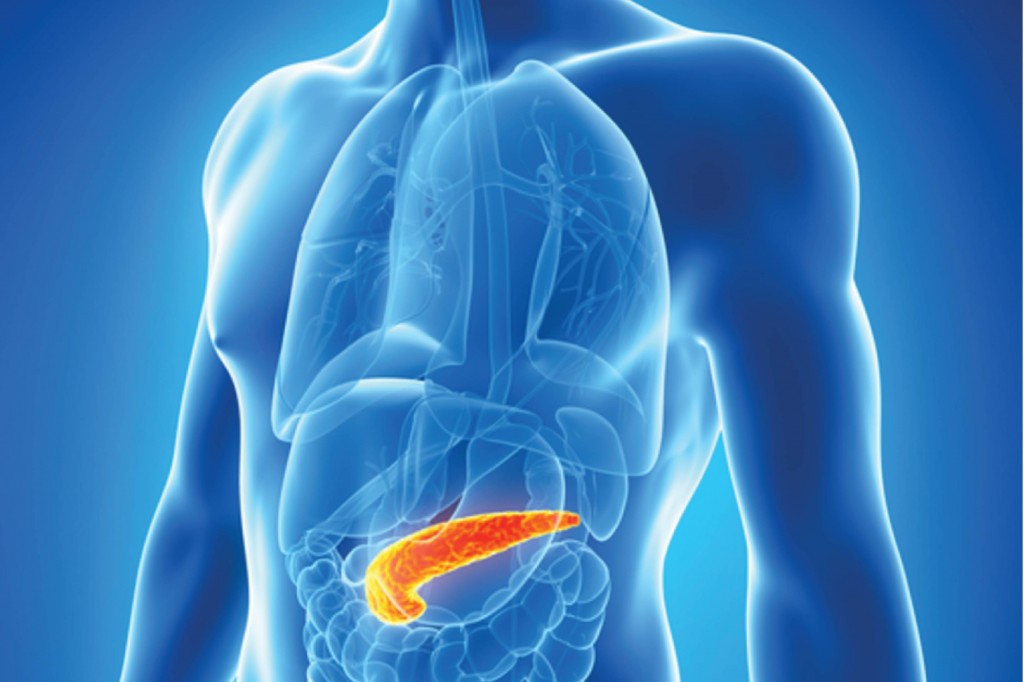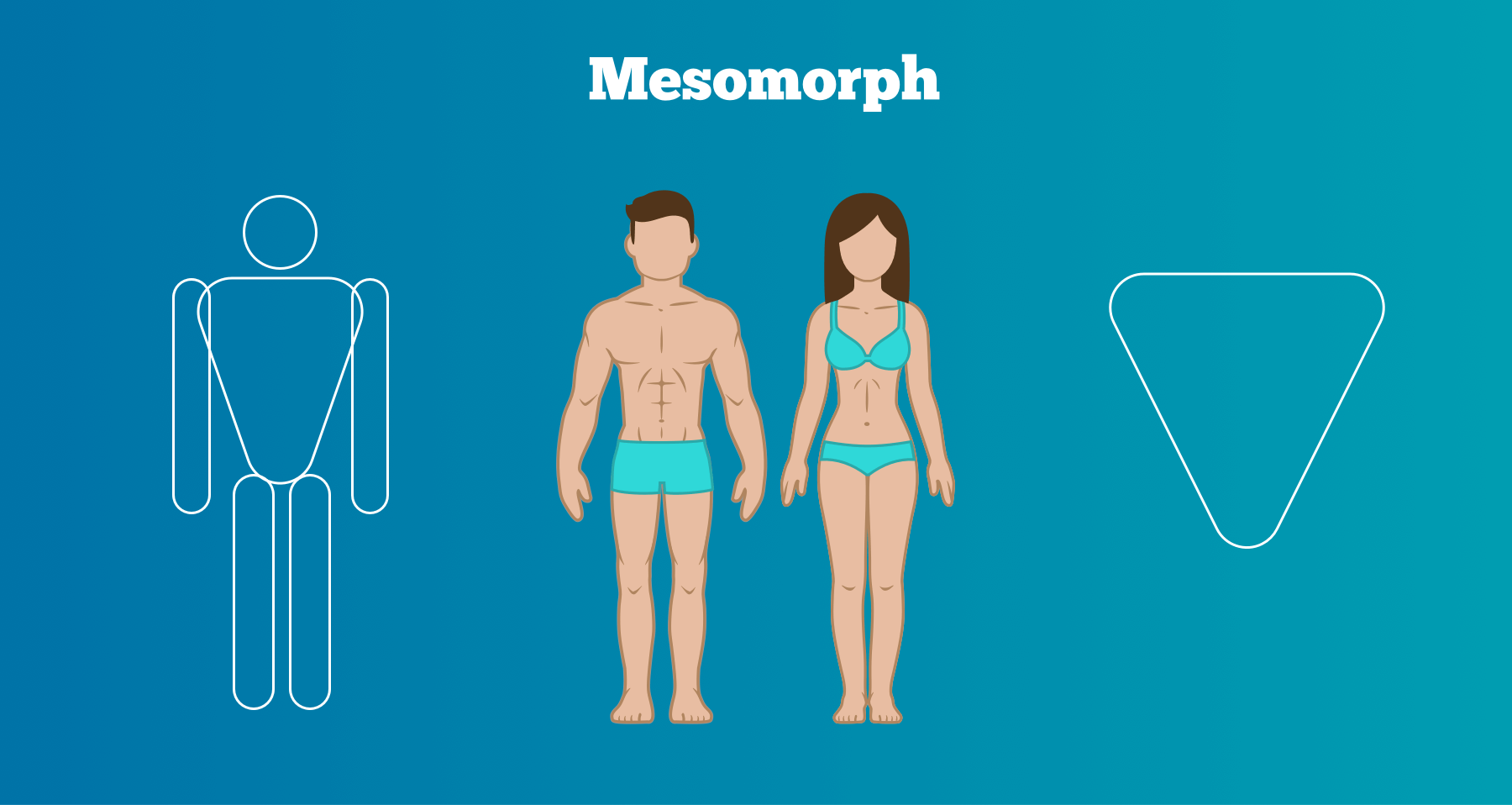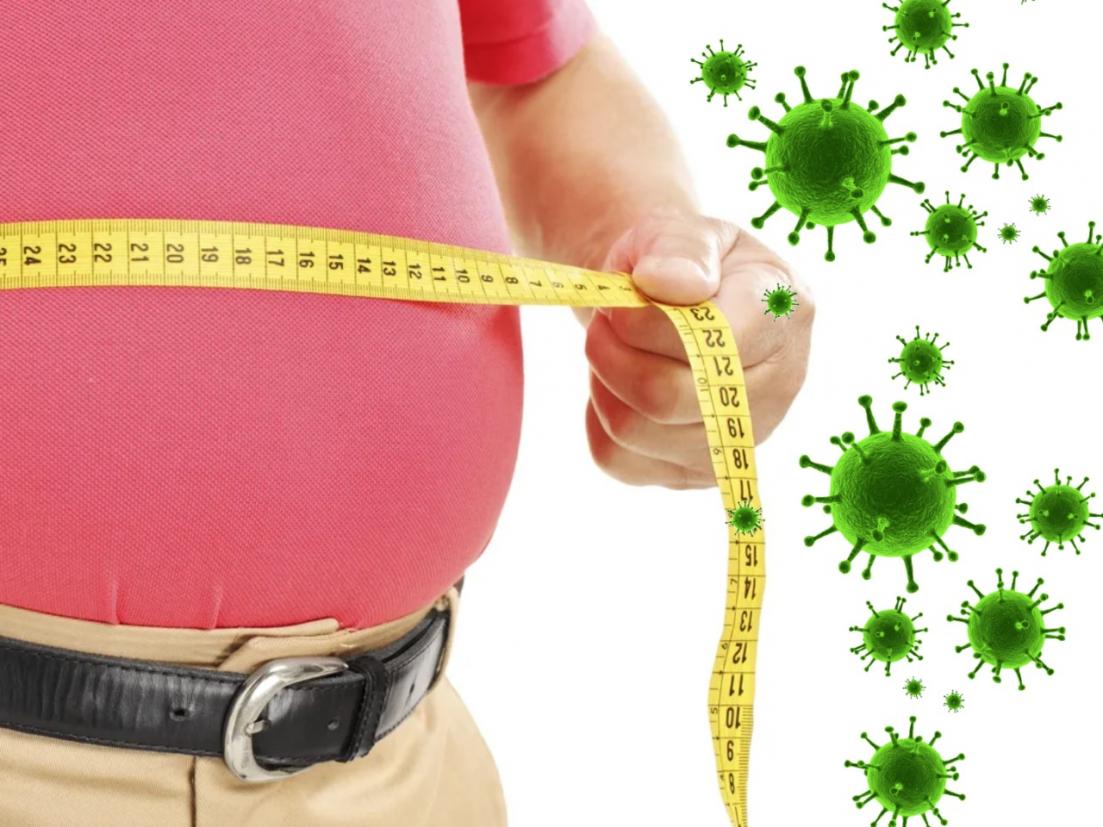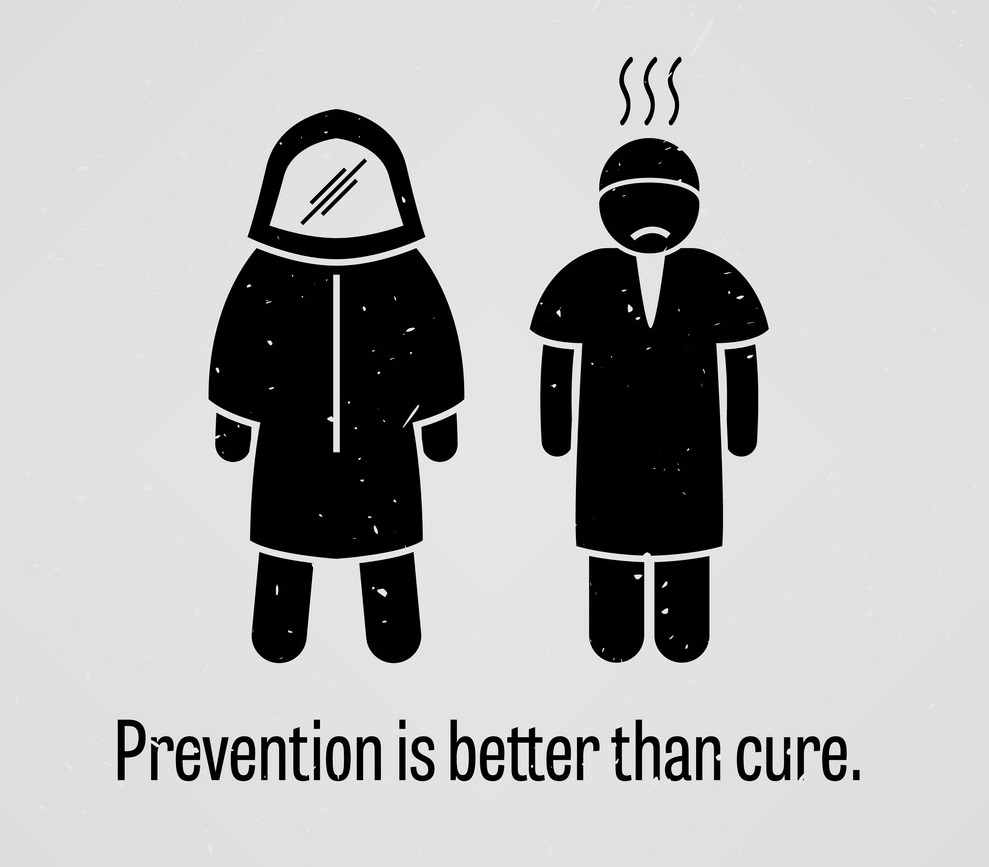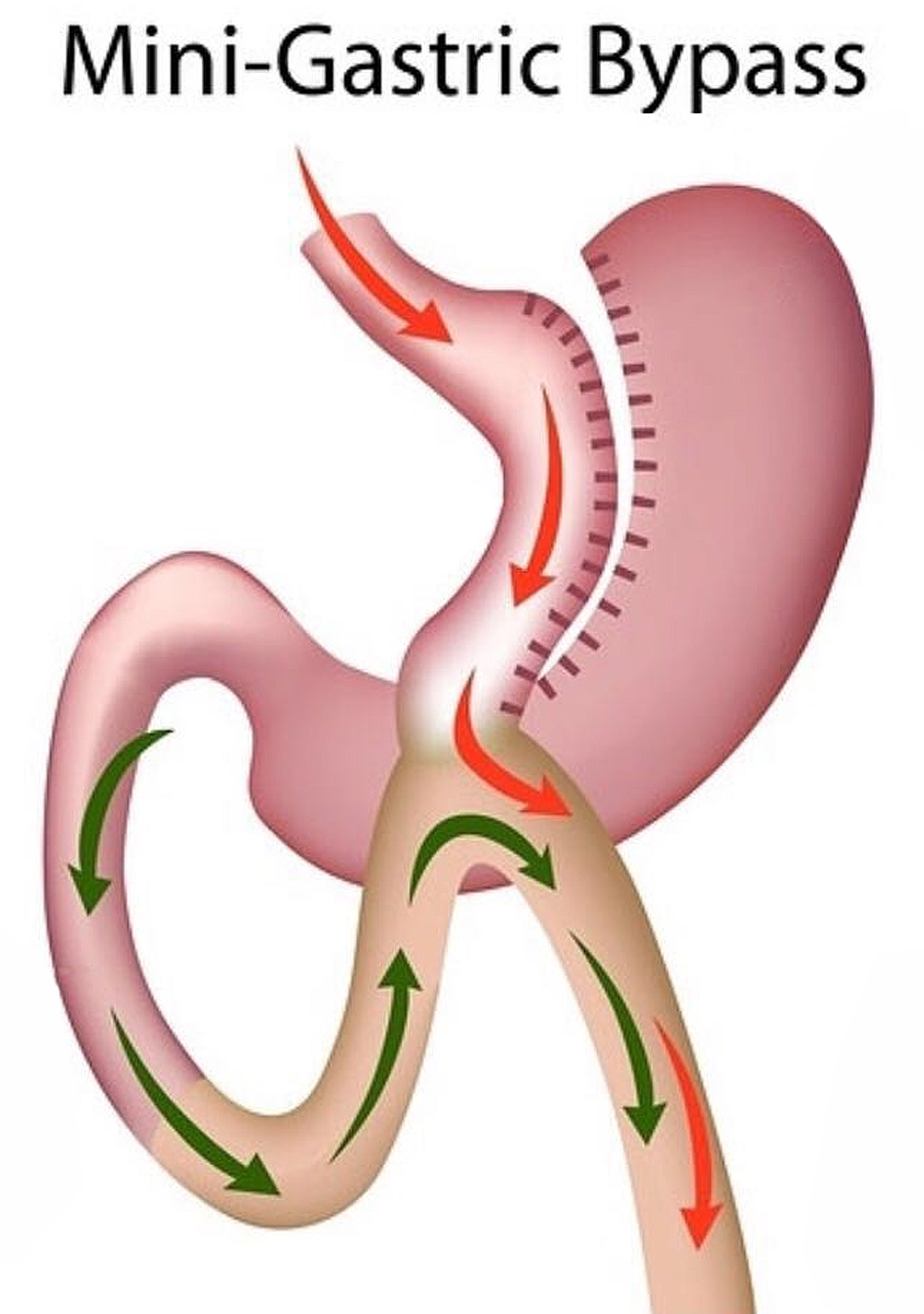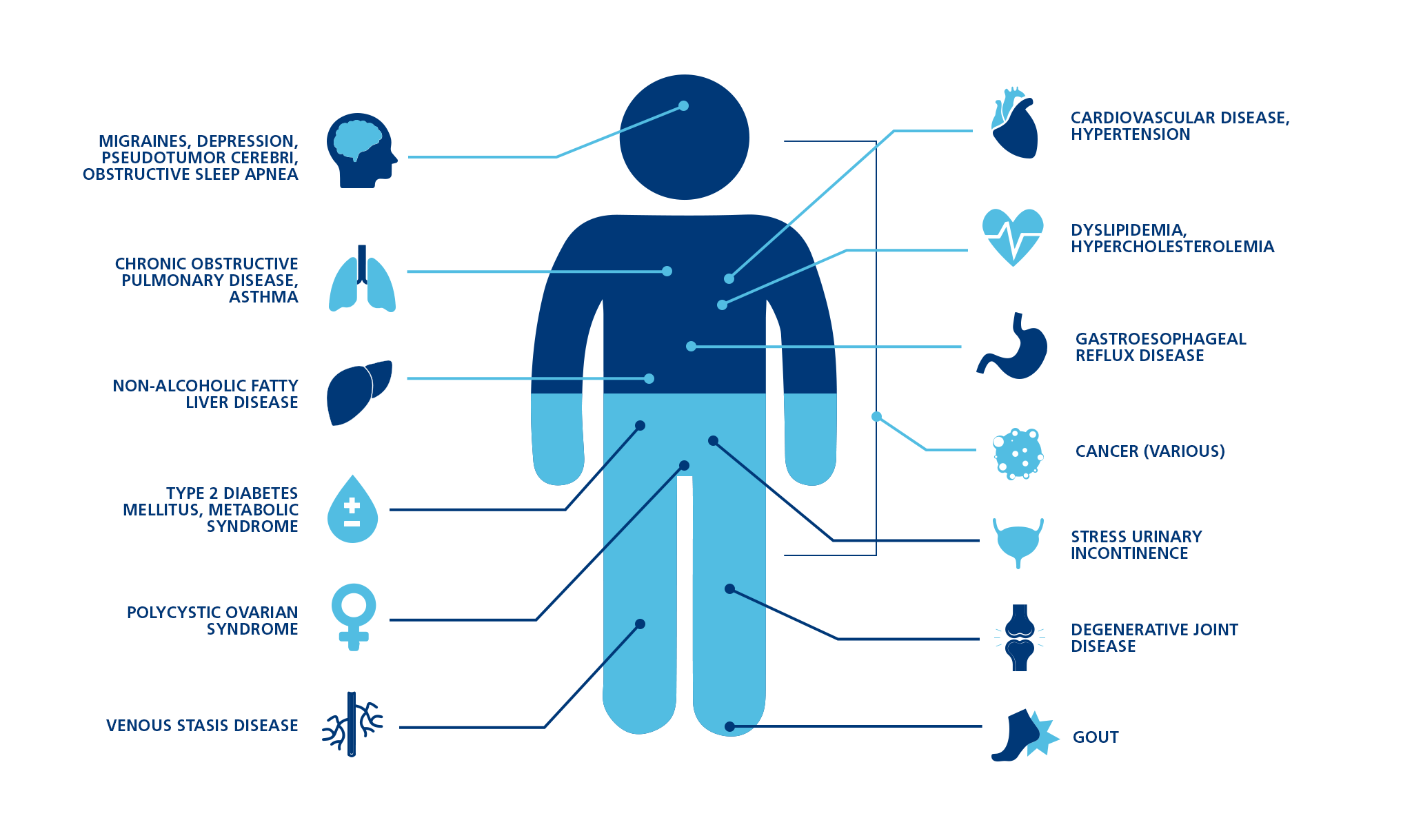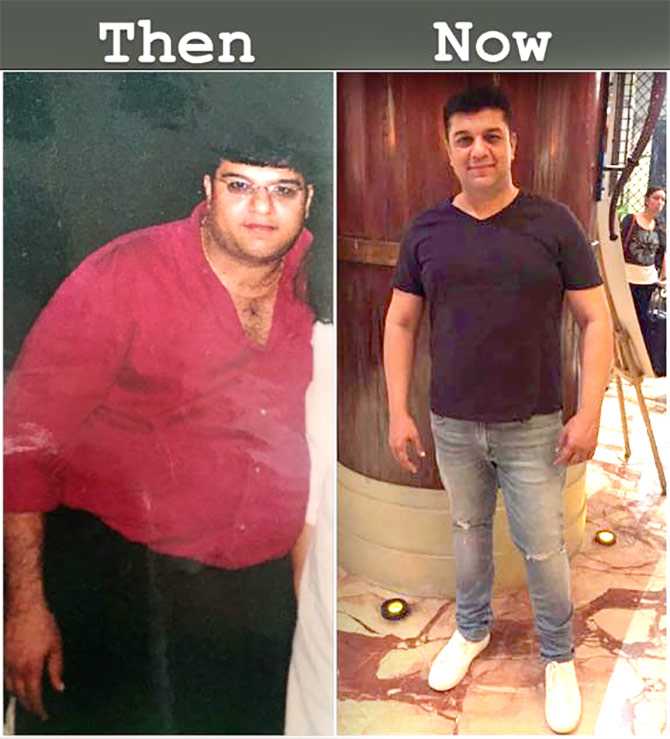Health
10 Signs You Need To See A G.I. Doctor
While many may associate a G.I.Doctor with being just a stomach doctor, know that these specialists help treat conditions for many different areas of your body. Symptoms affecting anywhere from your esophagus all the way down to your rectum may be treated by them.
So how can a digestive doctor help you? Consider your symptoms and how you should seek the appropriate medical care
Summary: 60 Second Read
Signs you need to see a G.I. Doctor
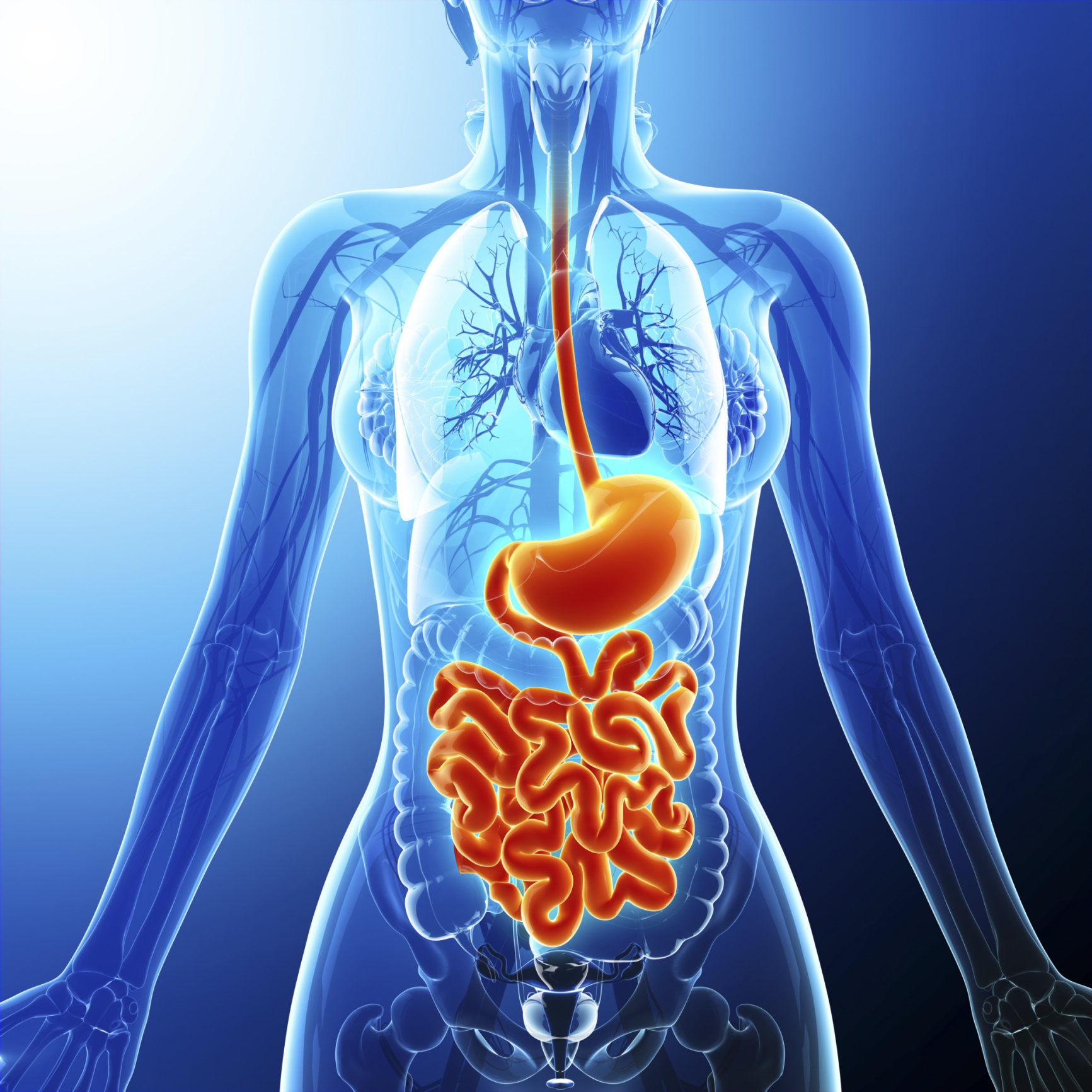
Overview
G.I. stands for gastro-intestinal, and GI doctors are gastroenterologists. They specialize in treating and preventing diseases in your gastrointestinal or digestive tract. GI doctors take care of any or all the organs involved in food digestion, absorption, and elimination of waste.
Your GI tract is very complex. It works hard all day and night, and most of us don’t give it much thought unless there’s a problem. The organs in your GI tract include your:
- Esophagus
- Stomach
- Duodenum
- Small intestine (Jejunum + Ileum)
- Colon
- Rectum
- Anal Canal
- Liver
- Bile ducts
- Gallbladder
- Pancreas
A problem anywhere in your digestive tract can cause stomach pain and discomfort. It can also keep you from getting the nutrition your body needs to stay healthy.
A lot happens between the time food enters your mouth until it is excreted from your body as a waste.
Your liver, pancreas, esophagus, and stomach all play a role in the digestive process. Sometimes changes in your digestion may be a minor response to new foods, medications, or stressful situations.
Certain symptoms may indicate something more serious that needs to be checked out. How do you know when to see a GI doctor and when to let symptoms pass?
It’s always a good idea to get any new symptoms evaluated. Some require faster attention than others. The symptoms below require immediate attention from a GI specialist.
Here are 10 Symptoms You Need to See a Gastroenterologist:
1. Pain in Tummy
The most common cause for stomach pain is Indigestion or irritable bowel syndrome (IBS). But there are times when pain after eating can be a sign of something more serious.
Other conditions that may lead to stomach ache are ulcers, gallstones to name a few.
For stomach pains, you should see a doctor immediately if you are:
- Feeling a lump in your tummy in a lot of pain
- Aged 55 or older
- Losing weight without trying to
- Having difficulty swallowing (dysphagia)
- Vomiting
- Suffering from iron deficiency anaemia
- Noticing blood in your vomit or poo
- Got shortness of breath and pale skin
Know more about stomach cramps and their treatment here.
2. Swollen Tummy (Ascites)
Accumulation of fluid in the abdominal cavity is called ascites. Ascites is common in people with cirrhosis and it usually develops when the liver is starting to fail. In general, the development of ascites indicates advanced liver disease and patients should be referred for gastroenterologist for treatment and for consideration of liver transplantation. (know more)
3. Difficulty to Swallow Liquids or Solid
Almost everyone has had a sore throat and difficulty swallowing at some time. When there’s a lump that isn’t accompanied by flu or cold symptoms, it could be a digestive problem.
If there is pain or you have problems swallowing liquids, schedule an appointment with a gastroenterologist. It could be a sign of something serious including achalasia cardia, GERD (reflux) or esophageal cancer.
Keep notes describing the appearance of the problem and any other symptoms that accompany it. The GI doctor will use all of this information to make an accurate diagnosis.
4. Vomiting
The timing of the nausea or vomiting can indicate the cause. When it appears shortly after a meal, nausea or vomiting may indicate a mental disorder or a peptic ulcer. Nausea or vomiting one to eight hours after a meal may indicate food poisoning. Foodborne diseases, such as Salmonella, may take longer to produce symptoms because of the incubation time.
A person who is experiencing nausea should consult a physician if it lasts more than one week, and if there is a possibility of pregnancy. Vomiting usually lessens within six to 24 hours, and may be treated at home.
You should see your doctor if home treatment is not working, dehydration is present, Or a known injury (such as head injury or infection) is causing the vomiting.
5. Blood in Vomiting
Vomiting blood is a medical emergency – it means there is bleeding somewhere in your gullet, stomach or the first part of your bowel. You should see your doctor immediately.
The amount and colour of blood can vary:
- You might have vomited large amounts of bright red blood
- There might just be streaks of blood in your vomit, mixed up with food
- You may find what look like coffee grounds in your vomit – this means the blood has been in your stomach for a few hours
It's important not to get rid of the vomit. Your doctor will have a much better idea of what's wrong if they can view a sample of it.
Unless you are perfectly well and the cause is obvious to your doctor (for example, swallowing blood from a nosebleed), you should be admitted straight to hospital for tests. These include blood tests and an endoscopy (where a thin, flexible tube is passed into your body via your throat – to examine the inside of your digestive tract).
It is important to be certain that you have vomited up the blood (it has come from your stomach or gullet) and not coughed it up from your airways or lungs, which would indicate a completely different problem. Read about coughing up blood.
6. Blood in Stool
Nothing is more frightening than seeing blood in your stool after a bowel movement.
Bright red blood that appears on toilet paper isn’t as big a worry as black stools. Fresh red blood might be from hemorrhoids. Post-menopausal women can also experience bleeding from thinning tissue. When the blood takes on a black appearance, it is more likely a signal that something is going on deeper in your digestive system.
If you have recurrent symptoms of rectal bleeding, experience other associated symptoms, or are 40 years or older, you need to be evaluated. Tell your gastroenterologist all of the symptoms you’ve experienced and how often they occur.
7. Constipation or Diarrhea
Bowel habits vary from person to person. Sudden changes are often harmless, but they can indicate an underlying health condition, such as irritable bowel syndrome or inflammatory bowel disease.
For some people, one bowel movement per day is normal. For others, having several bowel movements a day or one every 2 days is normal. There is no set healthful pattern.
However, significant changes in the frequency of bowel movements or the appearance of feces can indicate a problem, particularly when these changes accompany other symptoms, such as diarrhea, constipation, or abdominal pain.
Contact a doctor if any change in bowel movements has persisted for more than a few days. Even minor changes, such as constipation or diarrhea, can indicate a health issue.
If more severe symptoms occur, consult a doctor immediately. These can include:
- Blood, mucus, or pus in stools
- Severe abdominal cramps or pain
- Severe diarrhea that lasts more than a day
- Dizziness or confusion
- Persistent nausea or vomiting
8. Jaundice
Jaundice is a medical condition that can happen in adults, children, and babies. It occurs when too much bilirubin is present in the bloodstream. Bilirubin is a compound that is produced when hemoglobin from red blood cells breaks down. In babies, the condition usually goes away without assistance. In adults, it can be an indication of a bigger problem
The most well-known symptom of jaundice is the yellowing effect it has on skin and eyes. This isn’t the only change you may notice. Other symptoms include:
- Abdominal swelling or pain
- Stool that is light gray or yellow
- Itching
- Nausea
- Dark urine
The main reason to see a doctor about jaundice is not because of the condition itself, but rather what’s causing it. In adults, jaundice can be an indication of a serious health problem. Possible causes include:
- Inflammation of the liver (hepatitis)
- Bile duct obstruction
- Pancreatic cancer
- Congenital disorders
- Malaria
- Cirrhosis
A gastroenterologist can determine the cause of jaundice and recommend the right treatment options. Ignoring the problem will only allow the cause to worsen and could lead to severe symptoms or even death.
9. Significant Weight Loss
Many of us dream of losing weight without effort. Unfortunately, when unexplained weight loss becomes a reality, it’s often a sign of health problems. There are other conditions that could cause you to start dropping weight, but conditions like Crohn’s disease and celiac disease make a visit to the GI doctor a good place to start. They can also rule out more serious conditions like pancreatic, stomach, or colon cancer.
10. HeartBurn
Gastroesophageal reflux disease, or GERD, leads to heartburn and sometimes makes it uncomfortable to enjoy some of your favorite foods. When heartburn lasts more than a few weeks, you need to see a GI doctor. Often, the doctor will use endoscopy to examine the upper digestive tract and find the source of your discomfort. Another reason to see a GI specialist is for regular screenings of the gastrointestinal tract. (know more)
Reference:
- https://gi.md/resources/articles/signs-you-need-to-see-a-gi-doctor
- https://www.ncbi.nlm.nih.gov/pmc/articles/PMC4836592/

